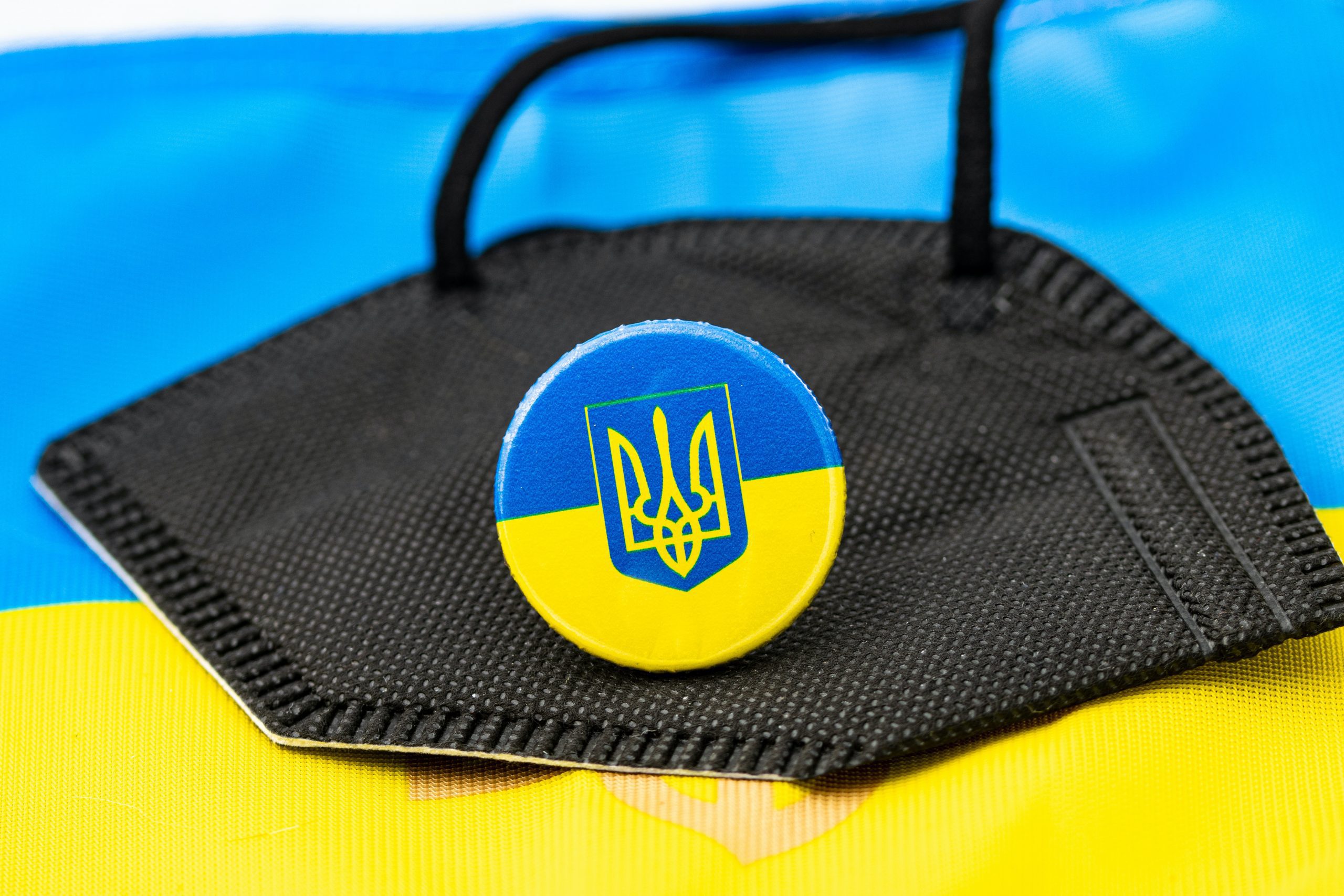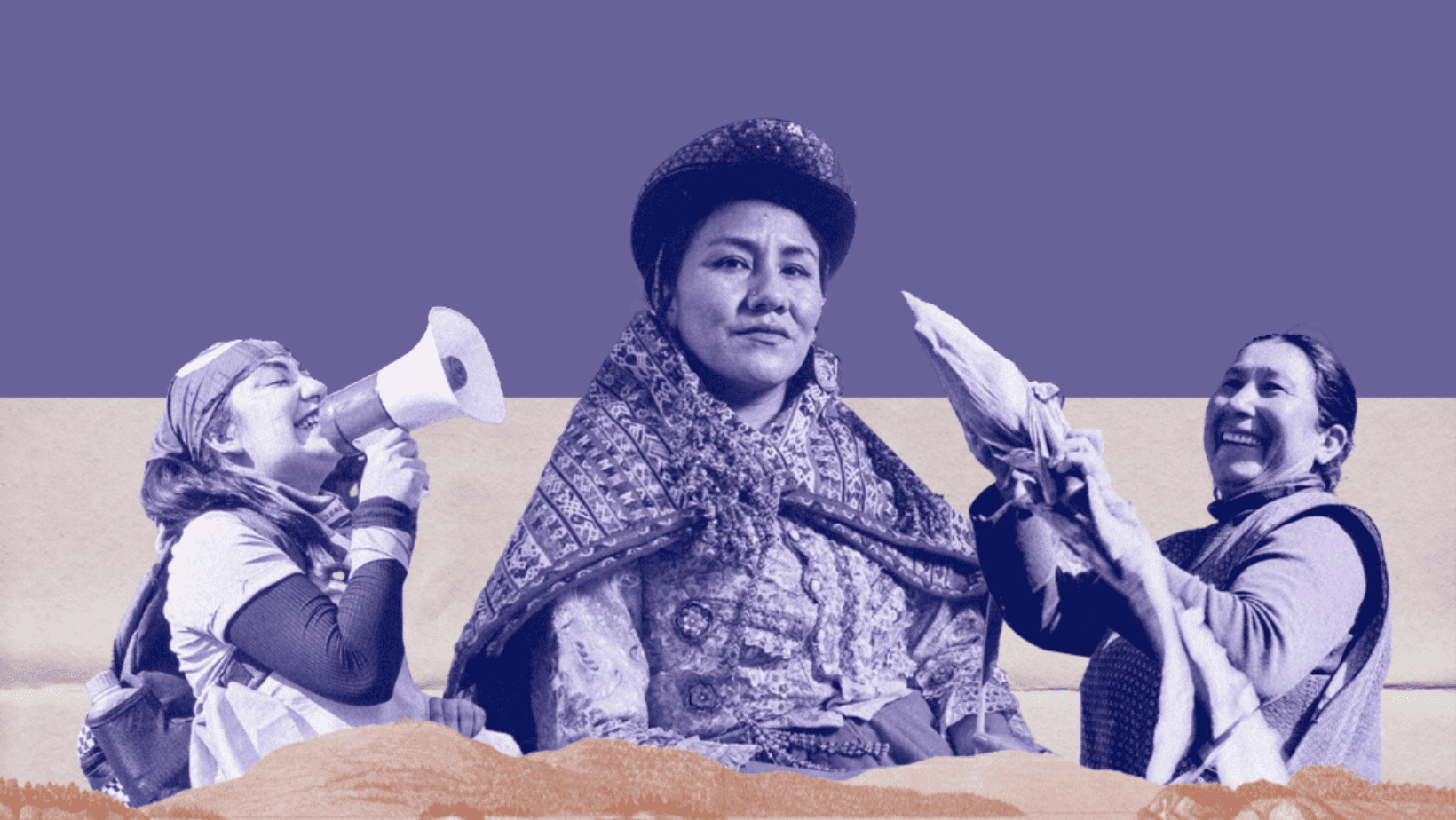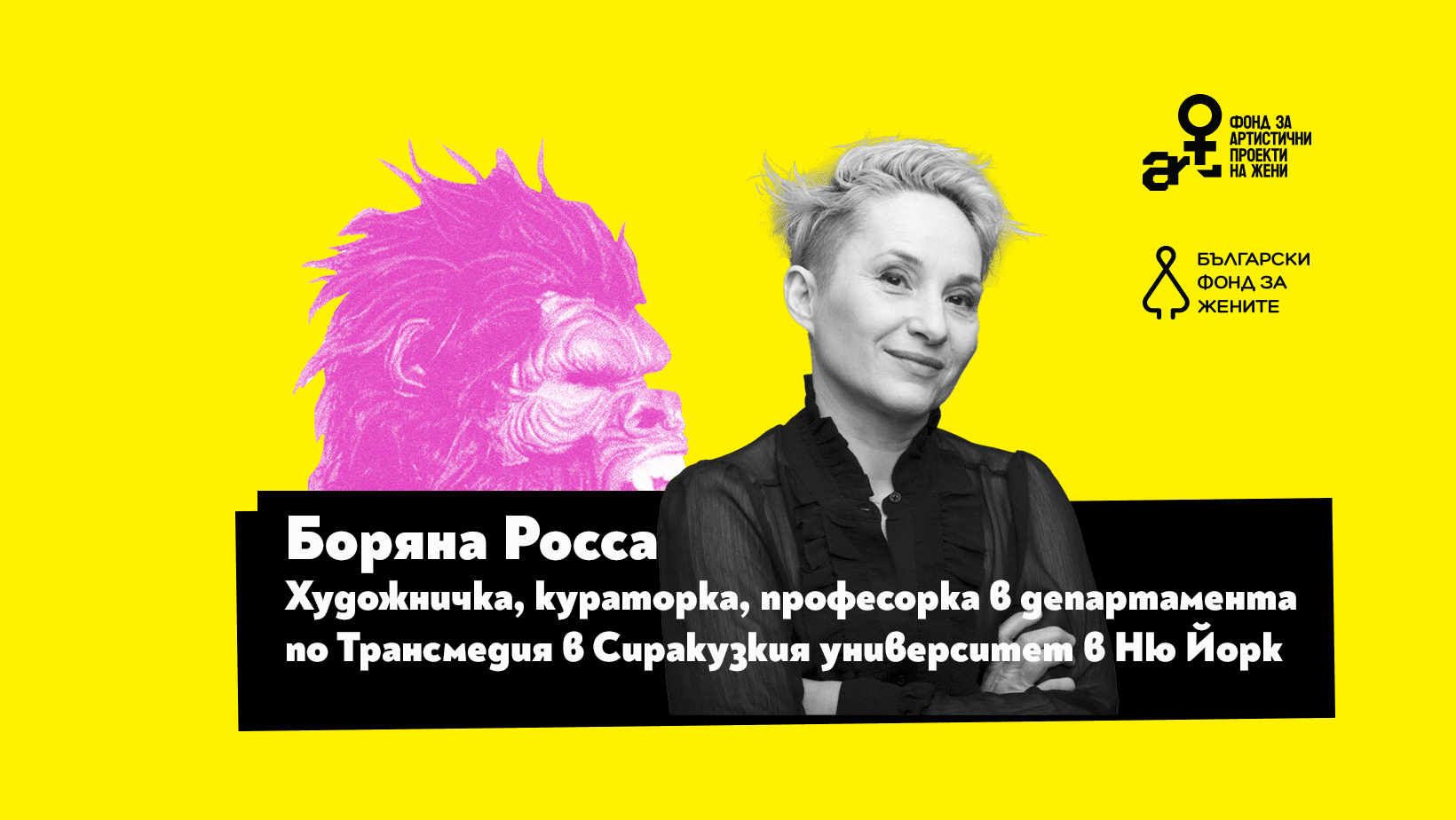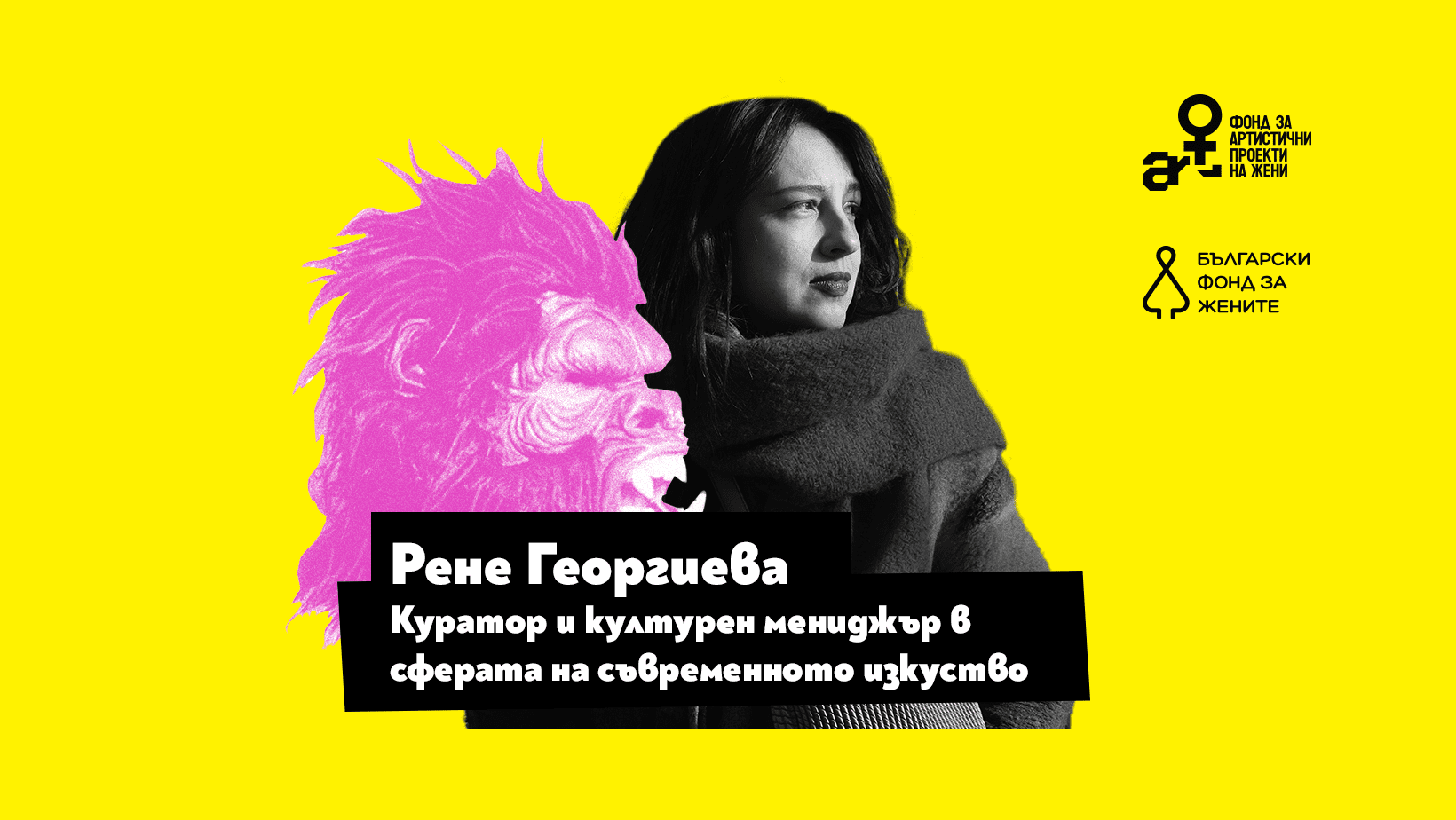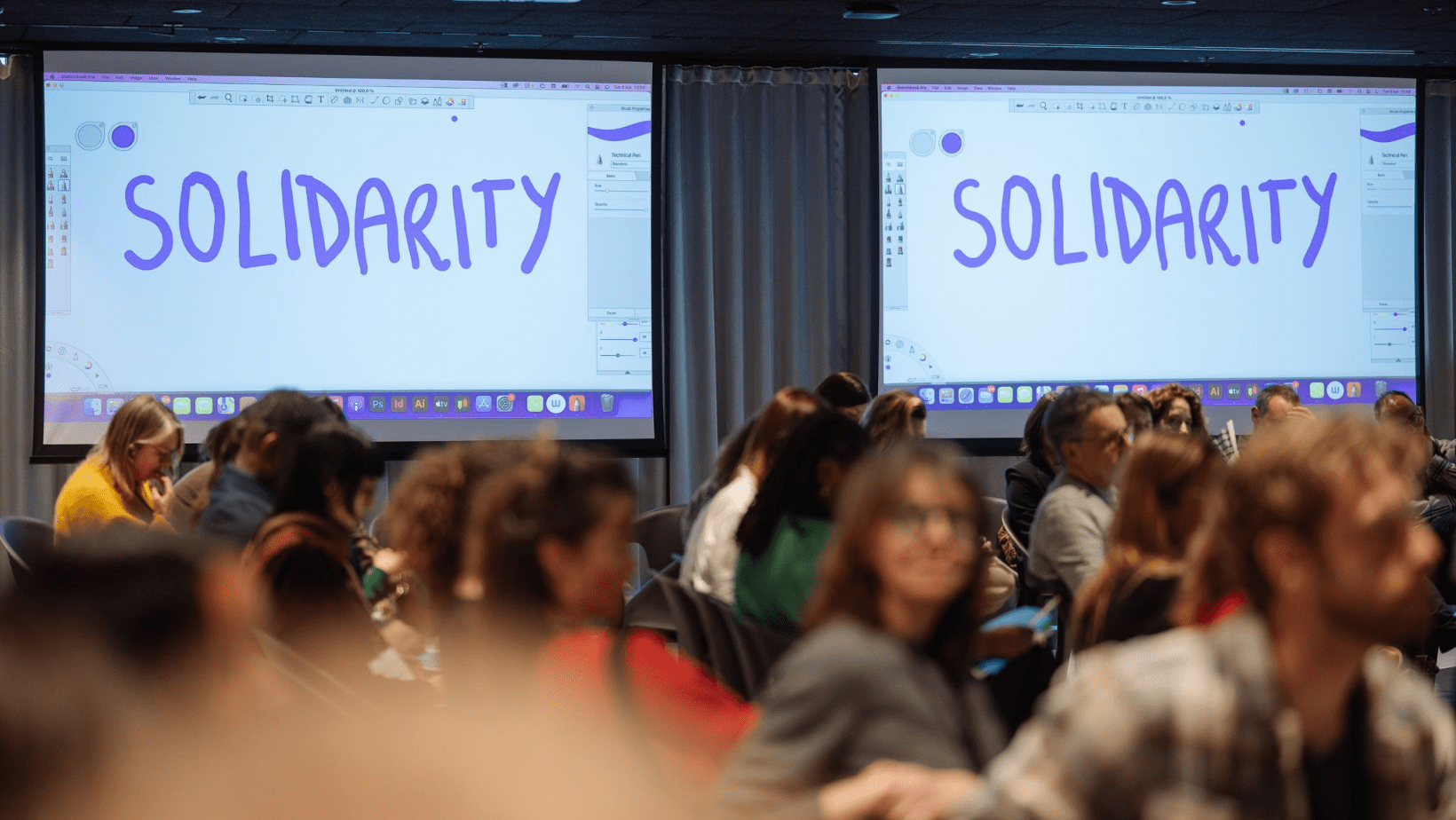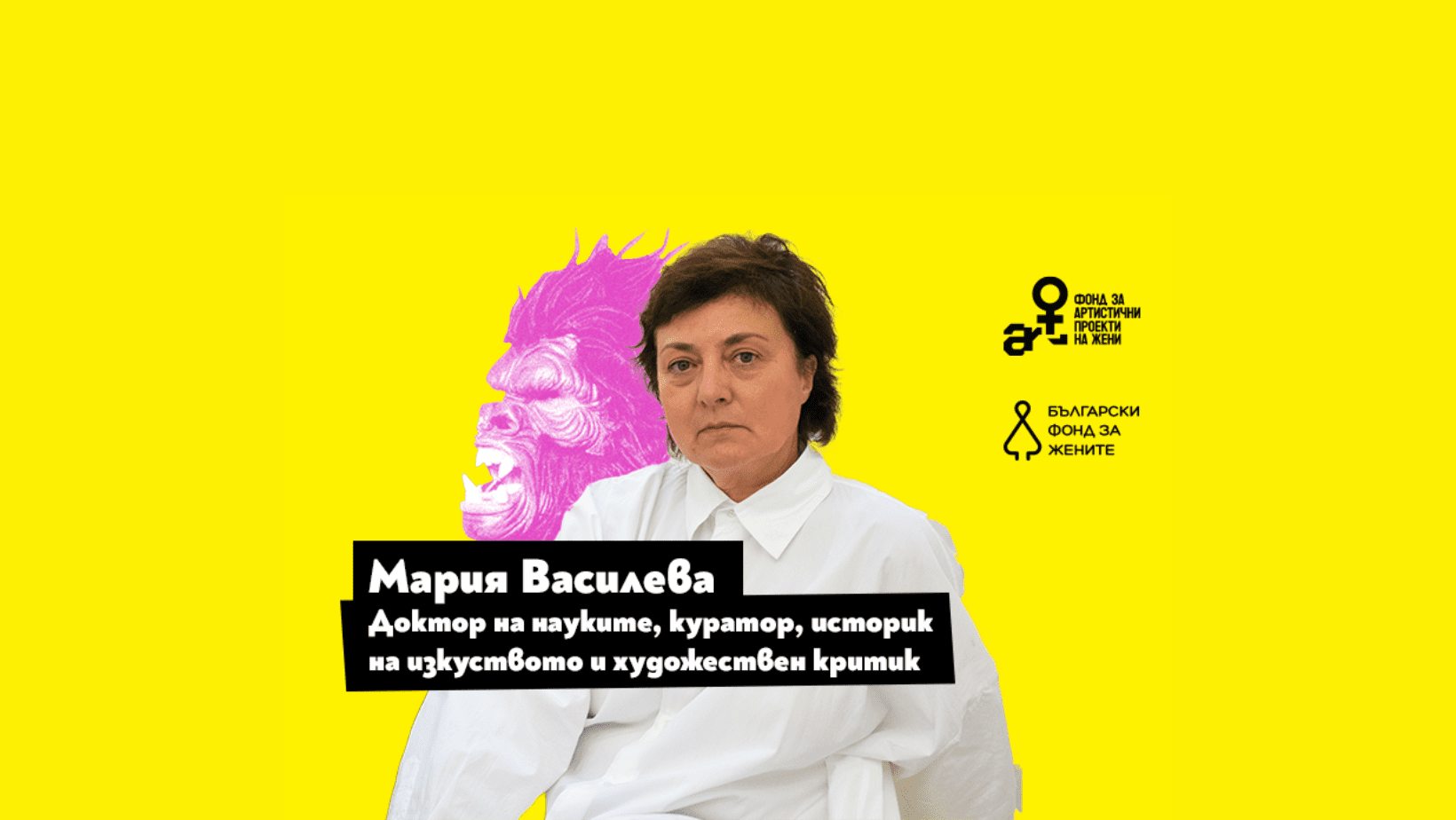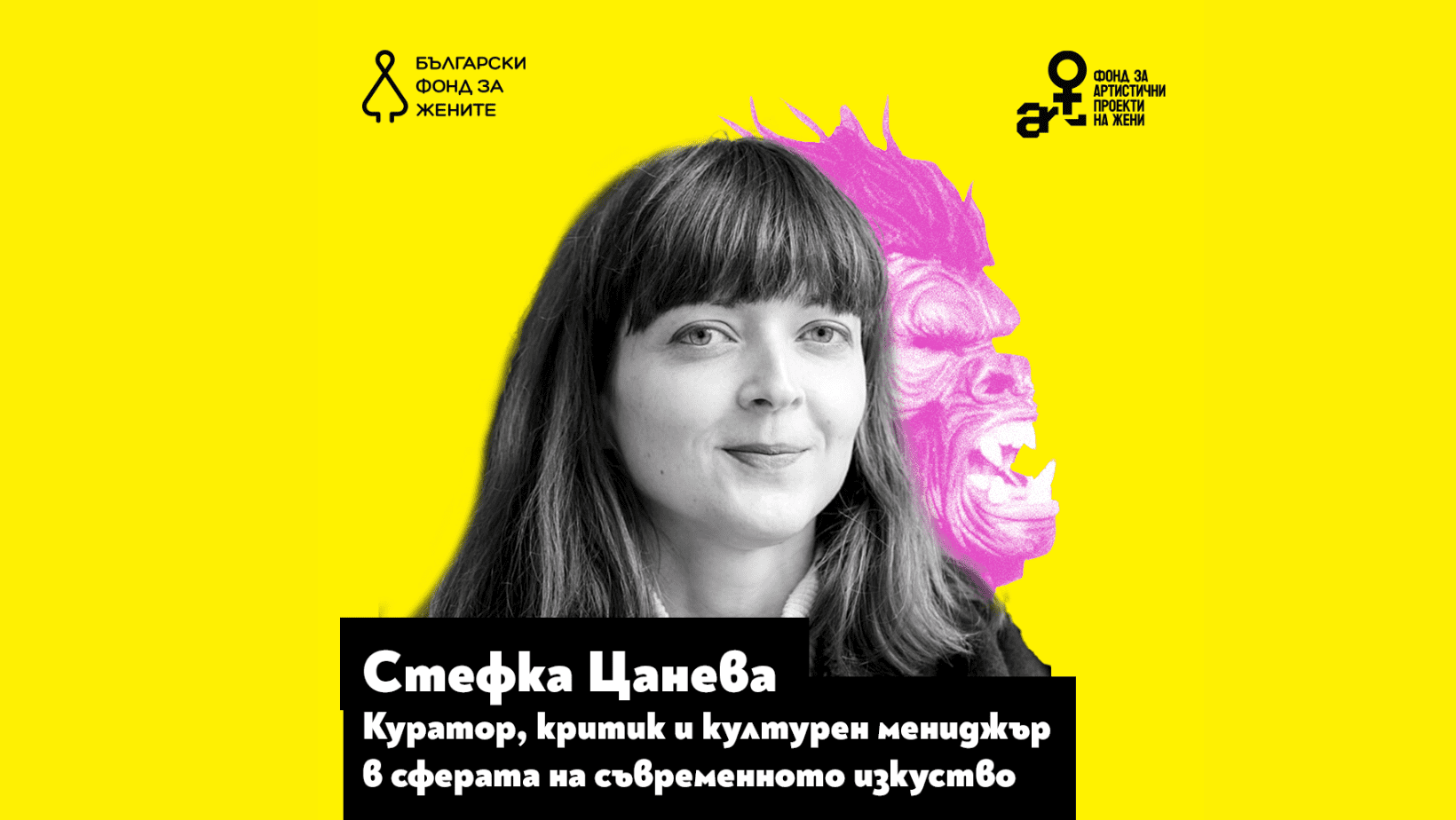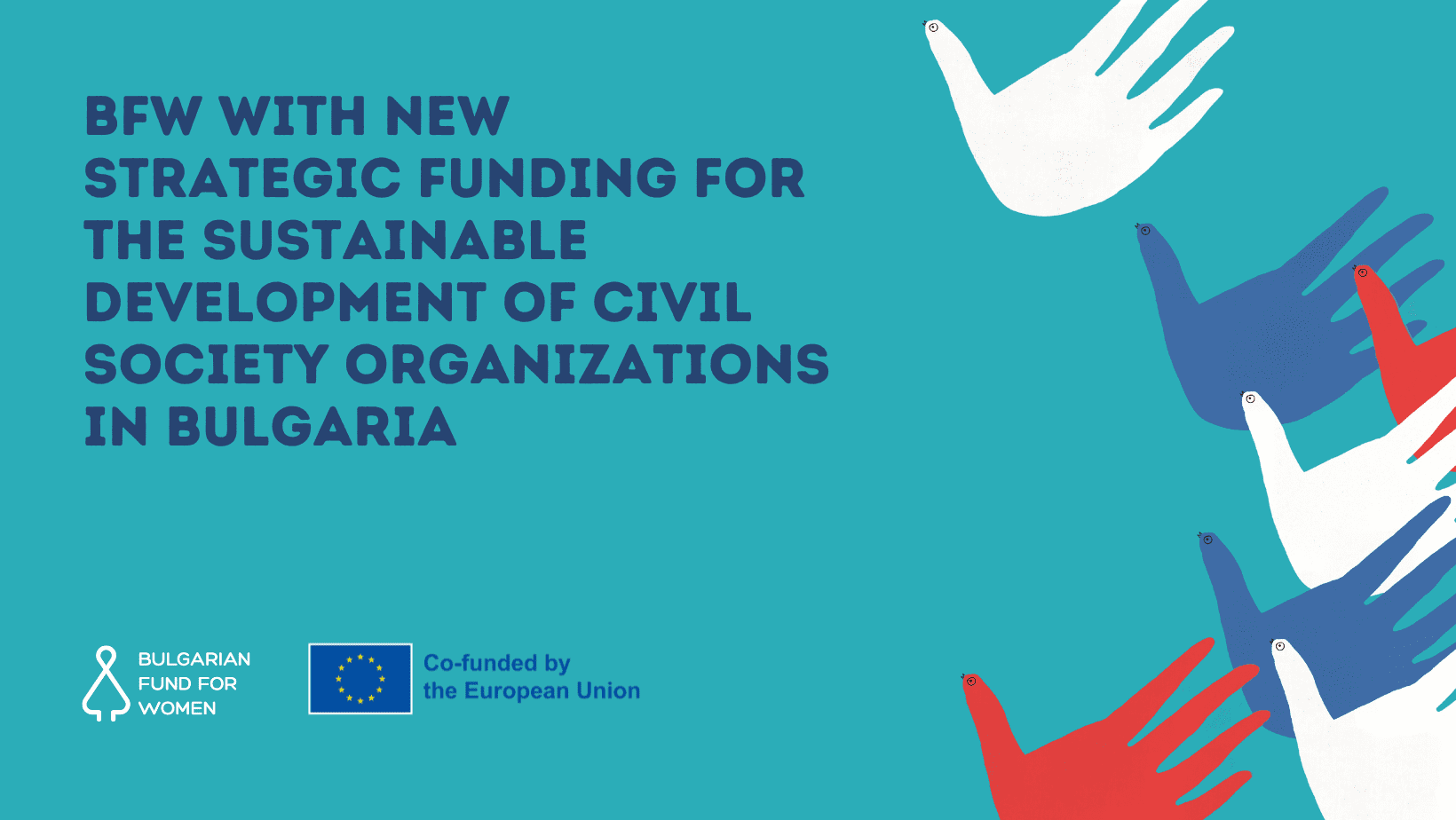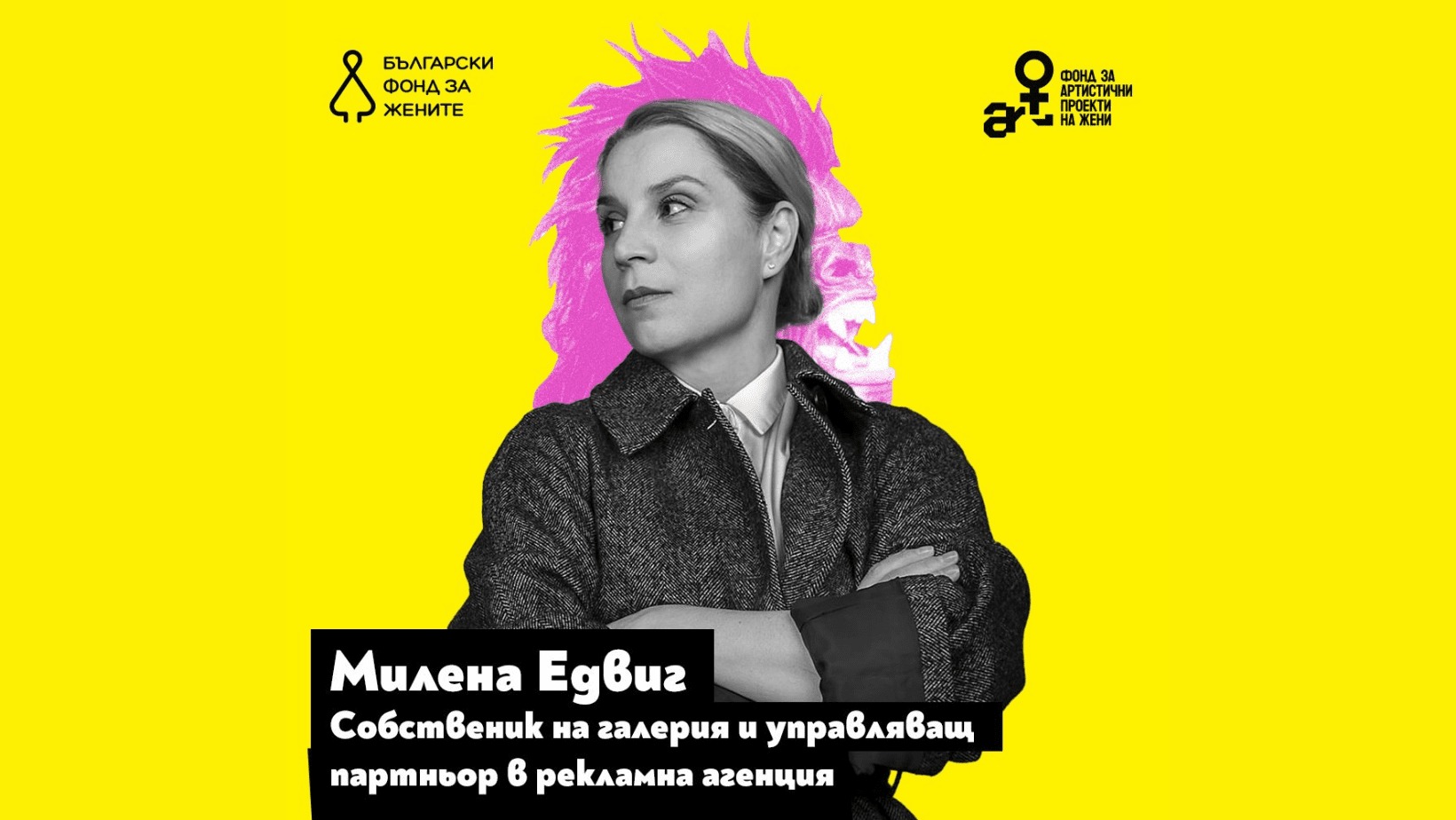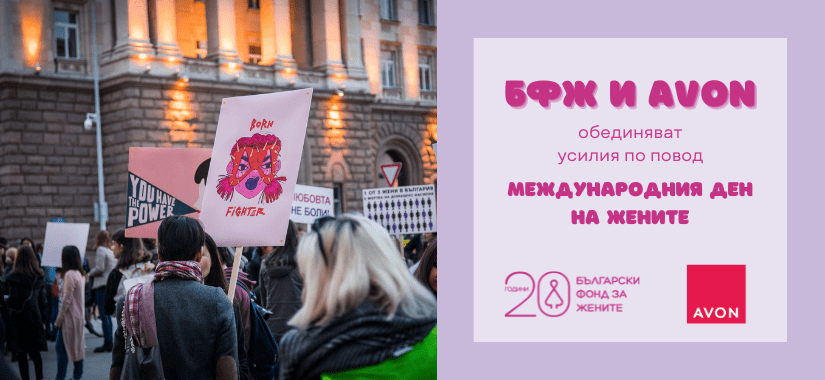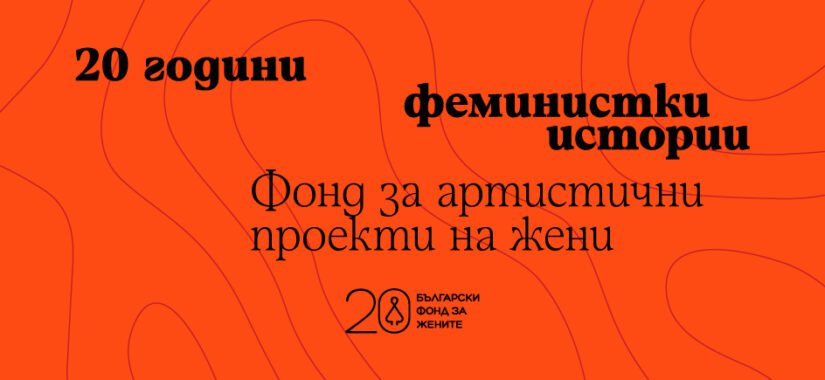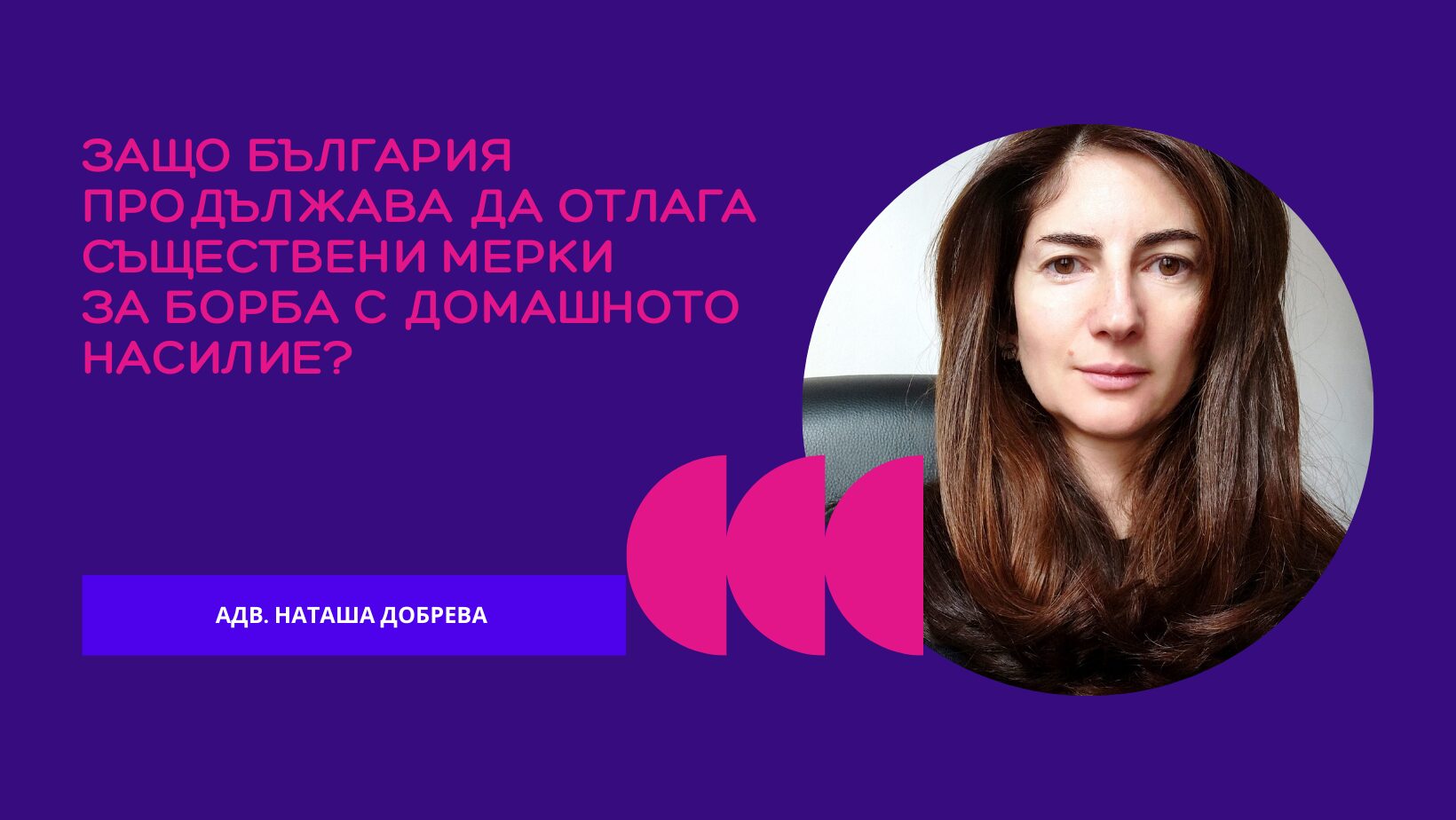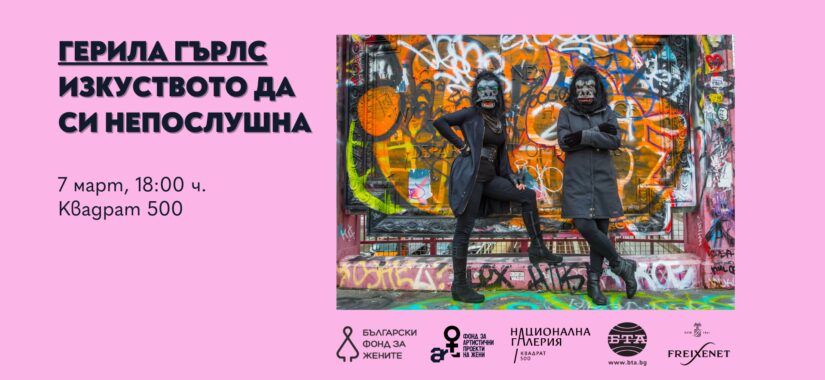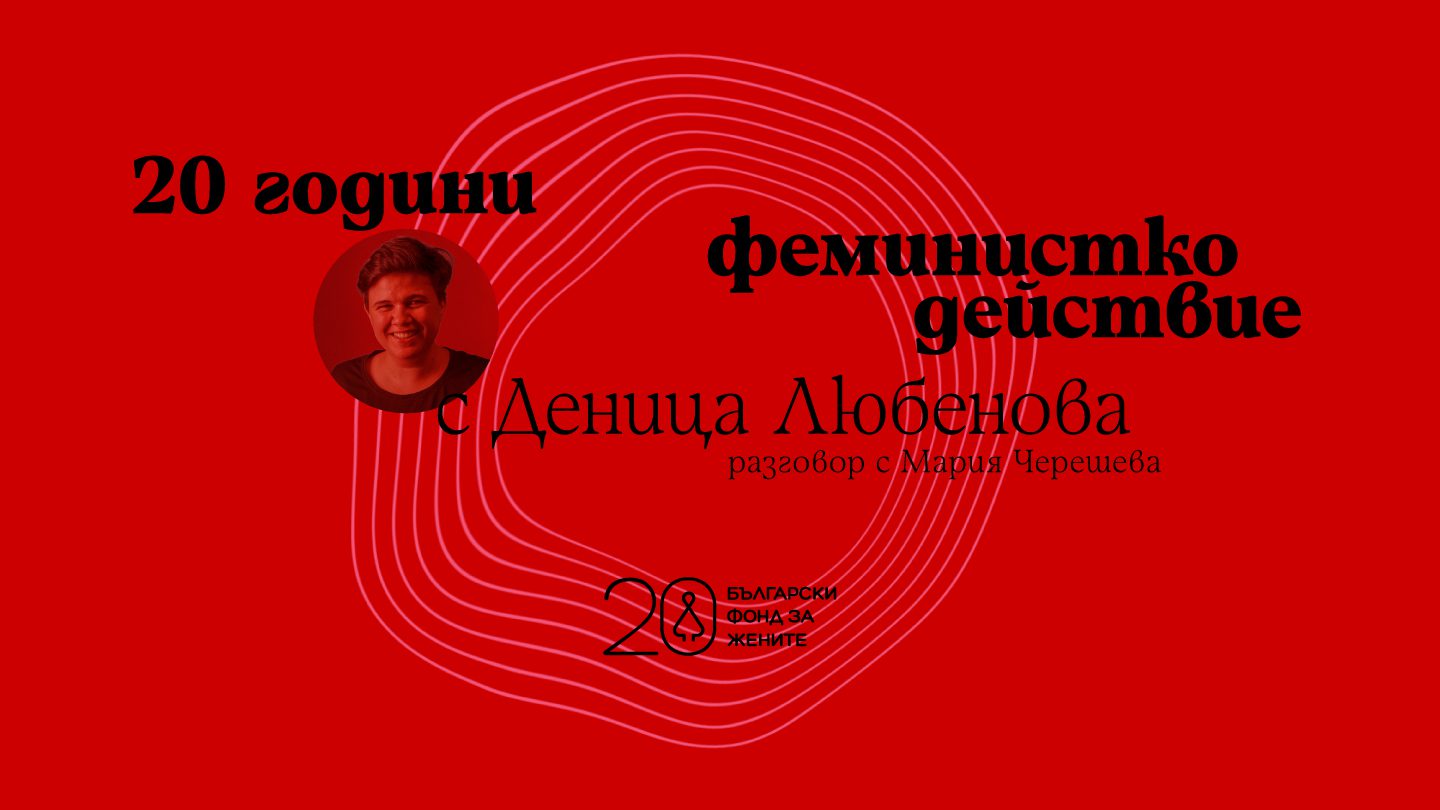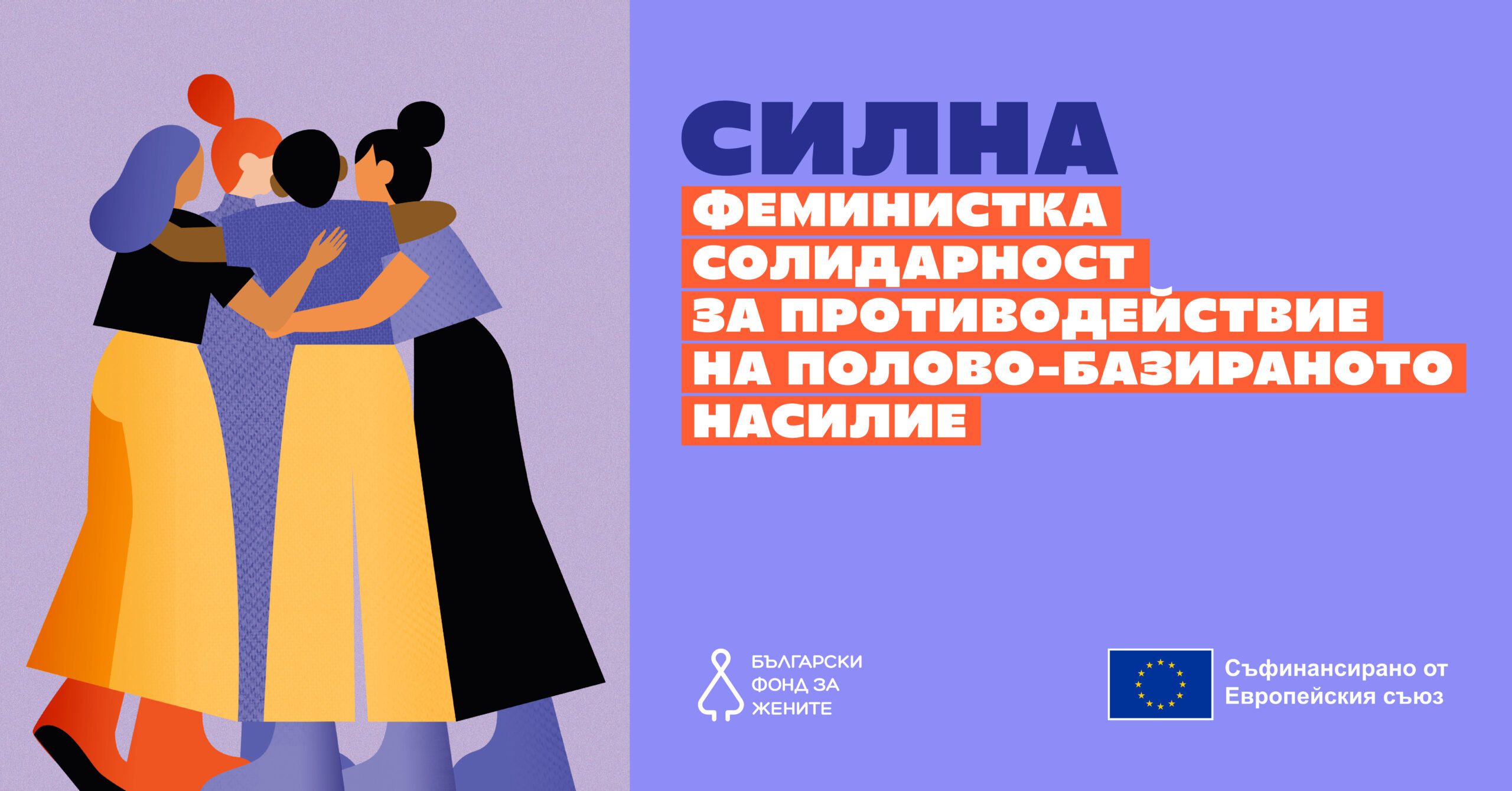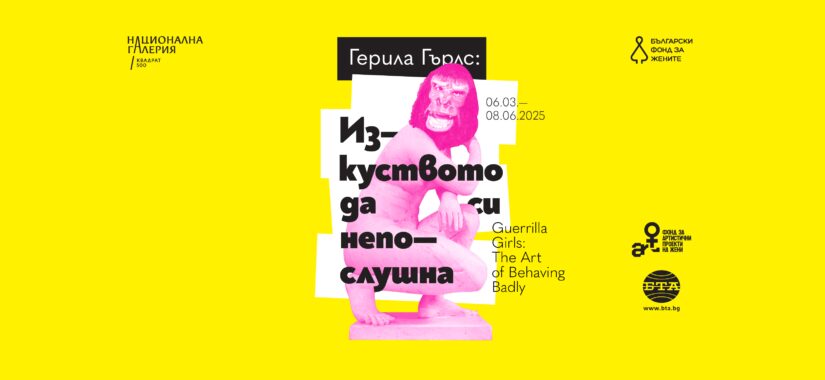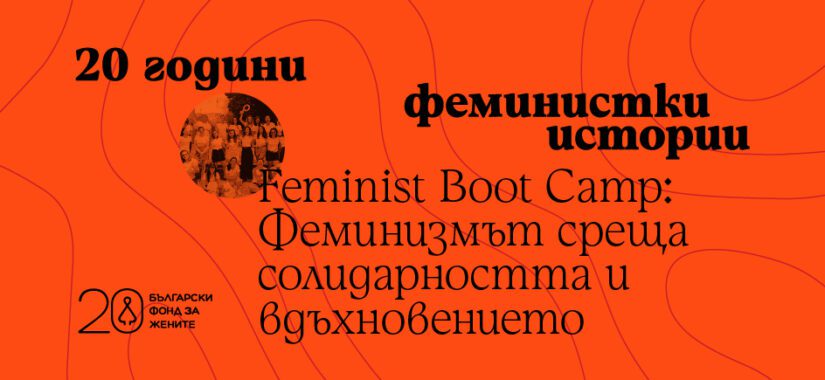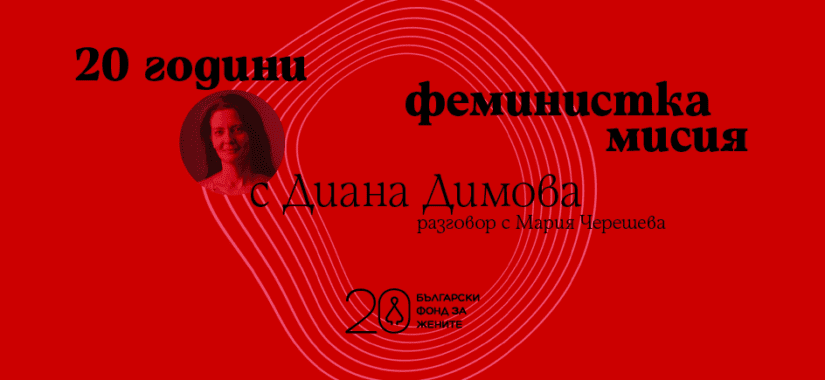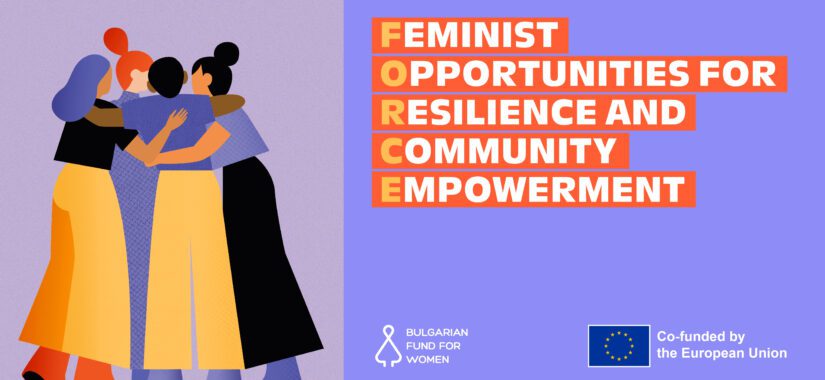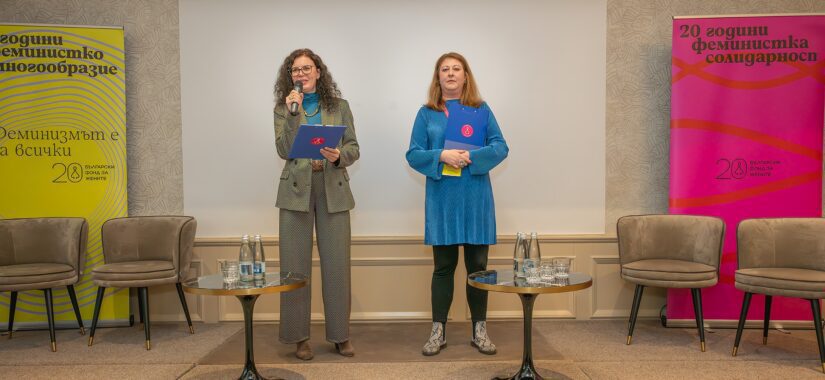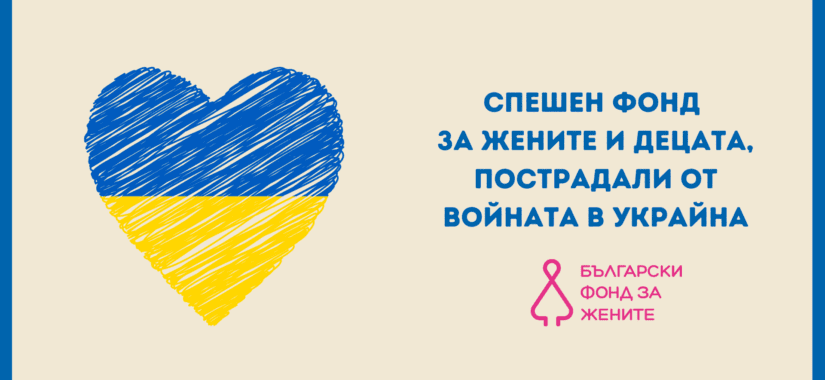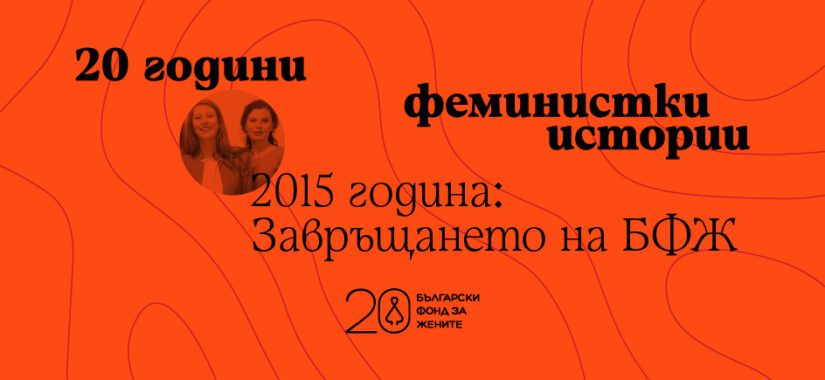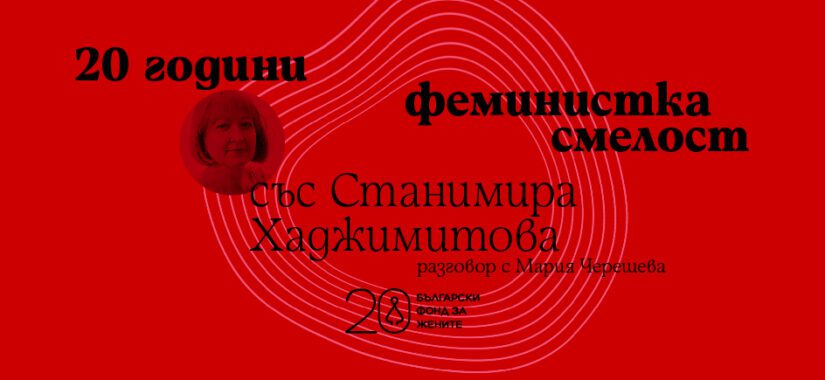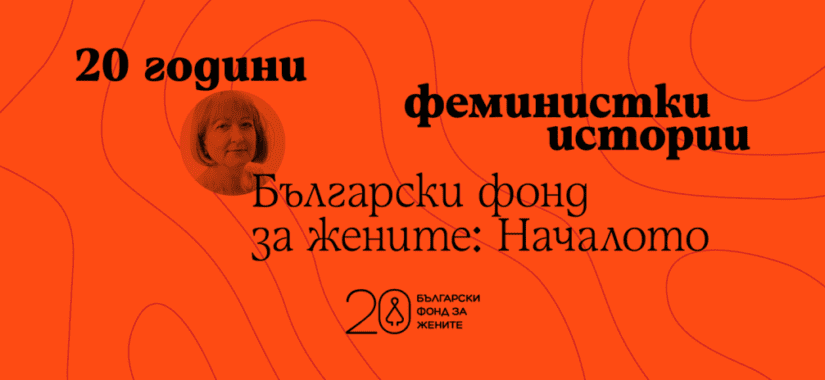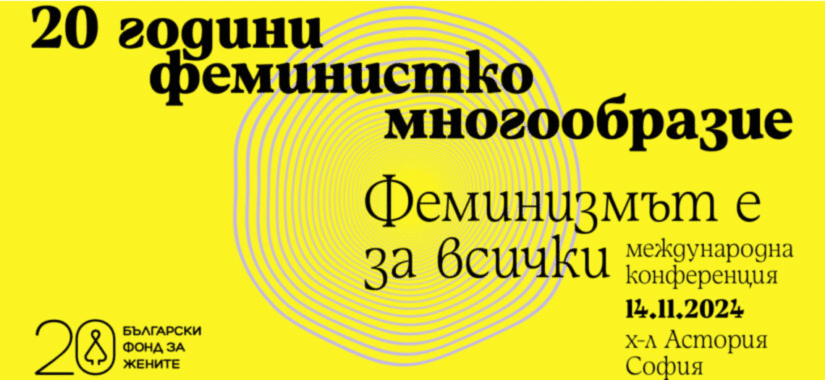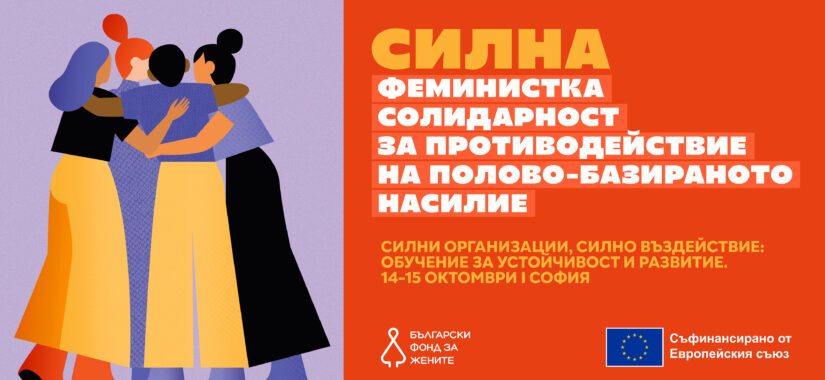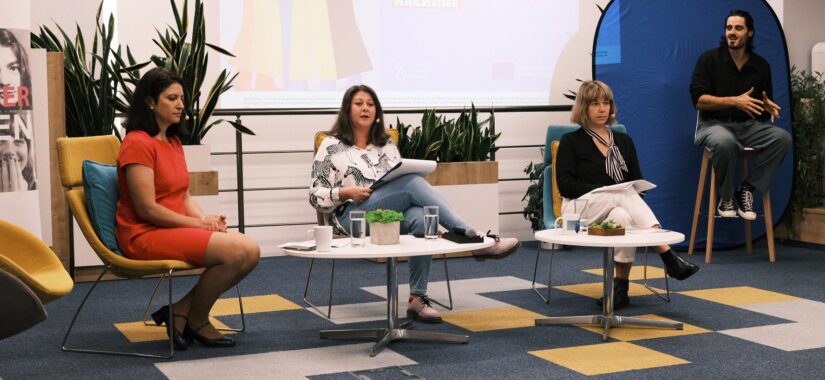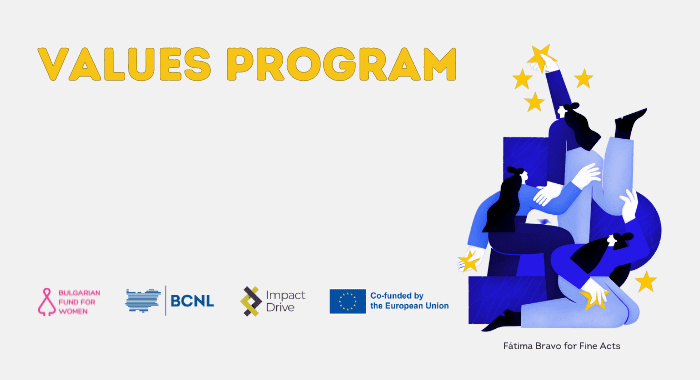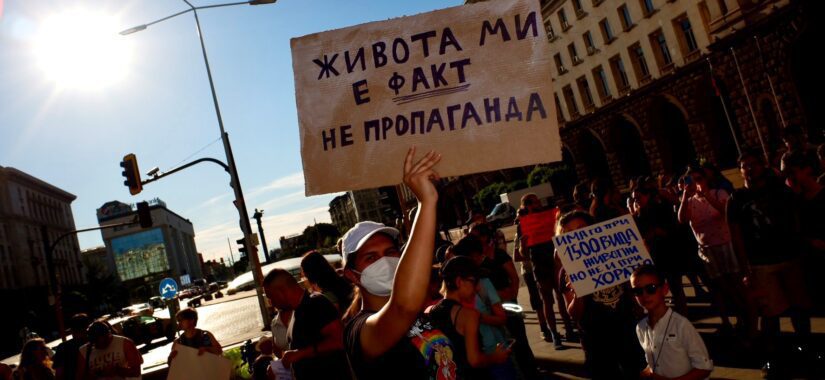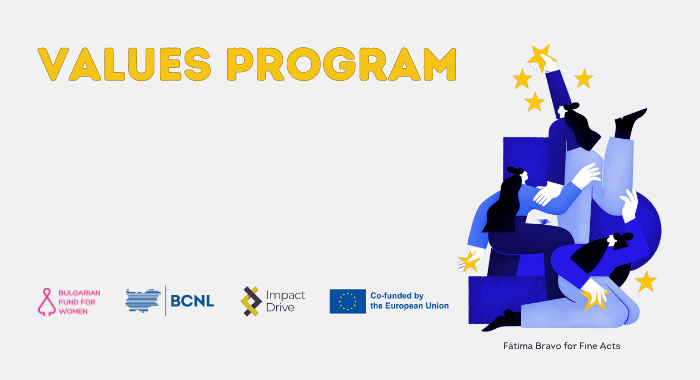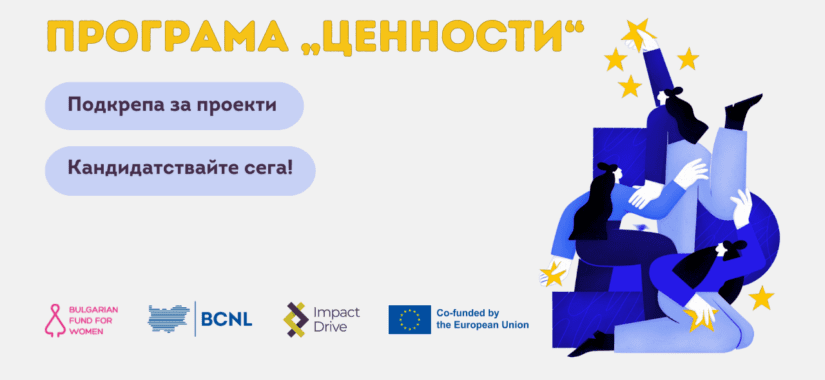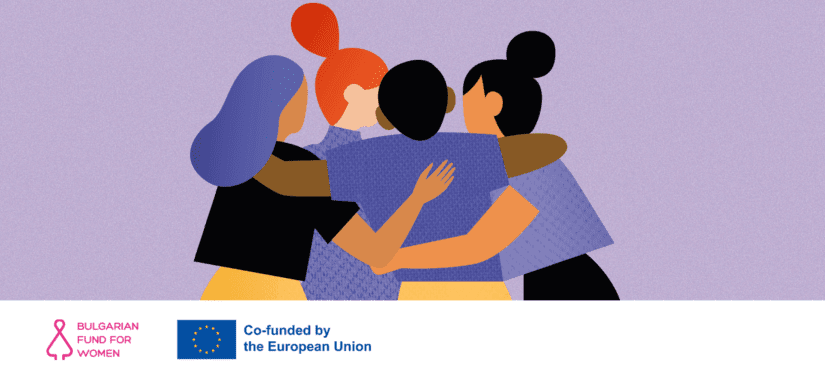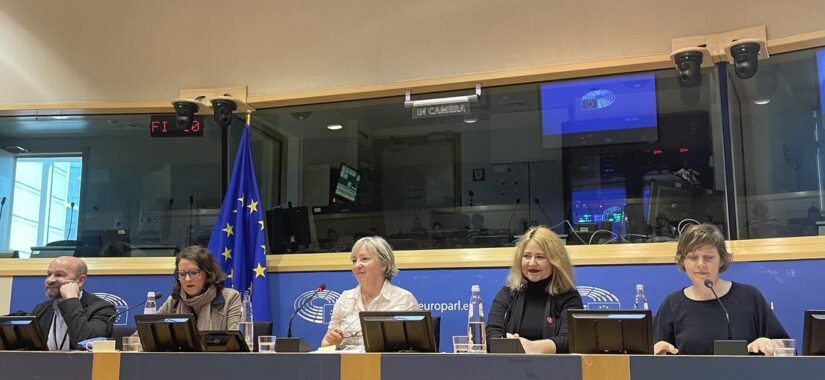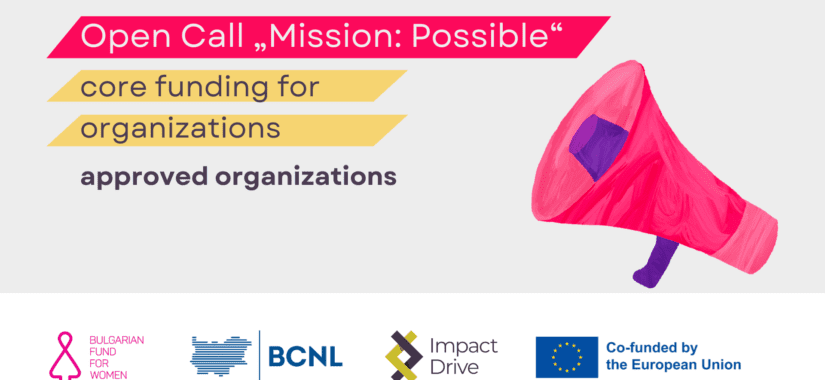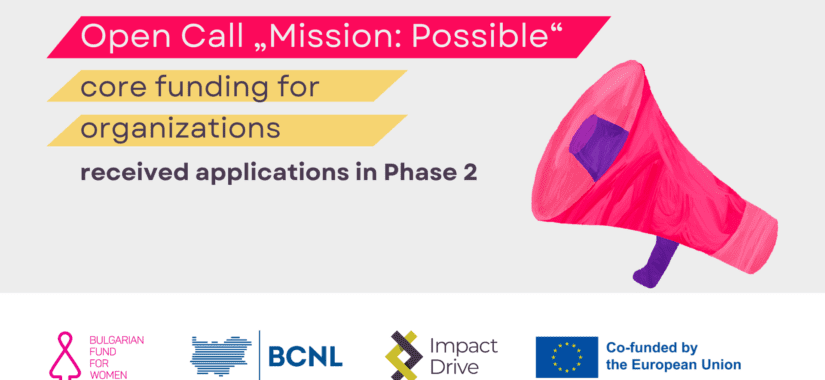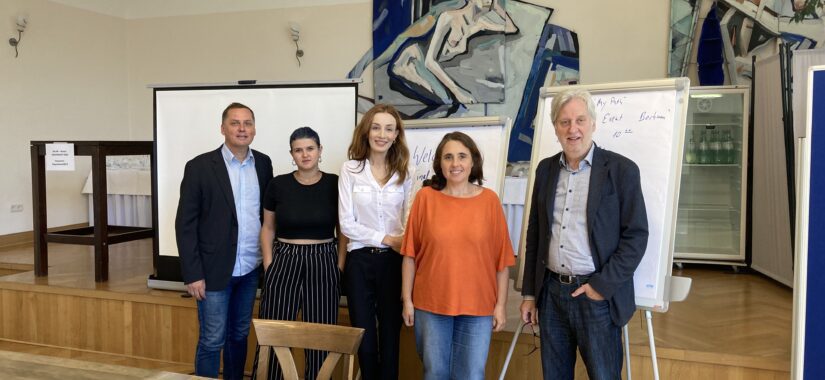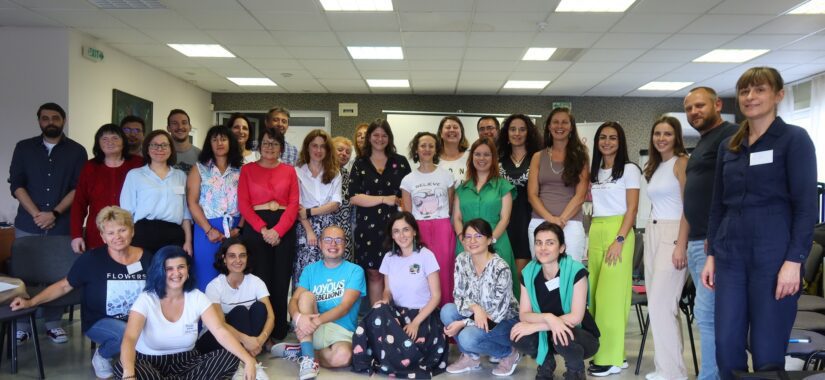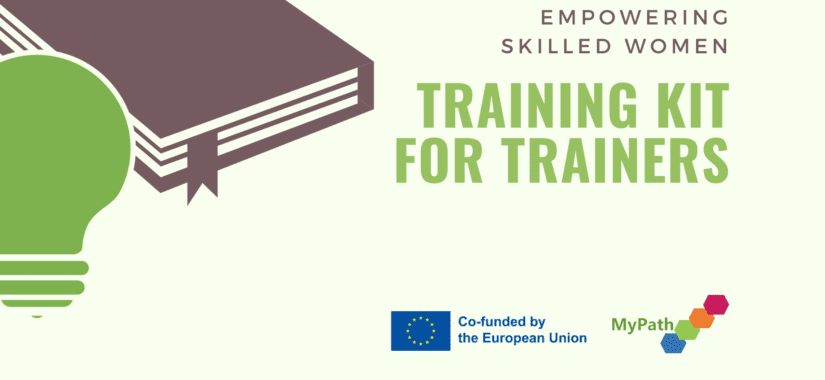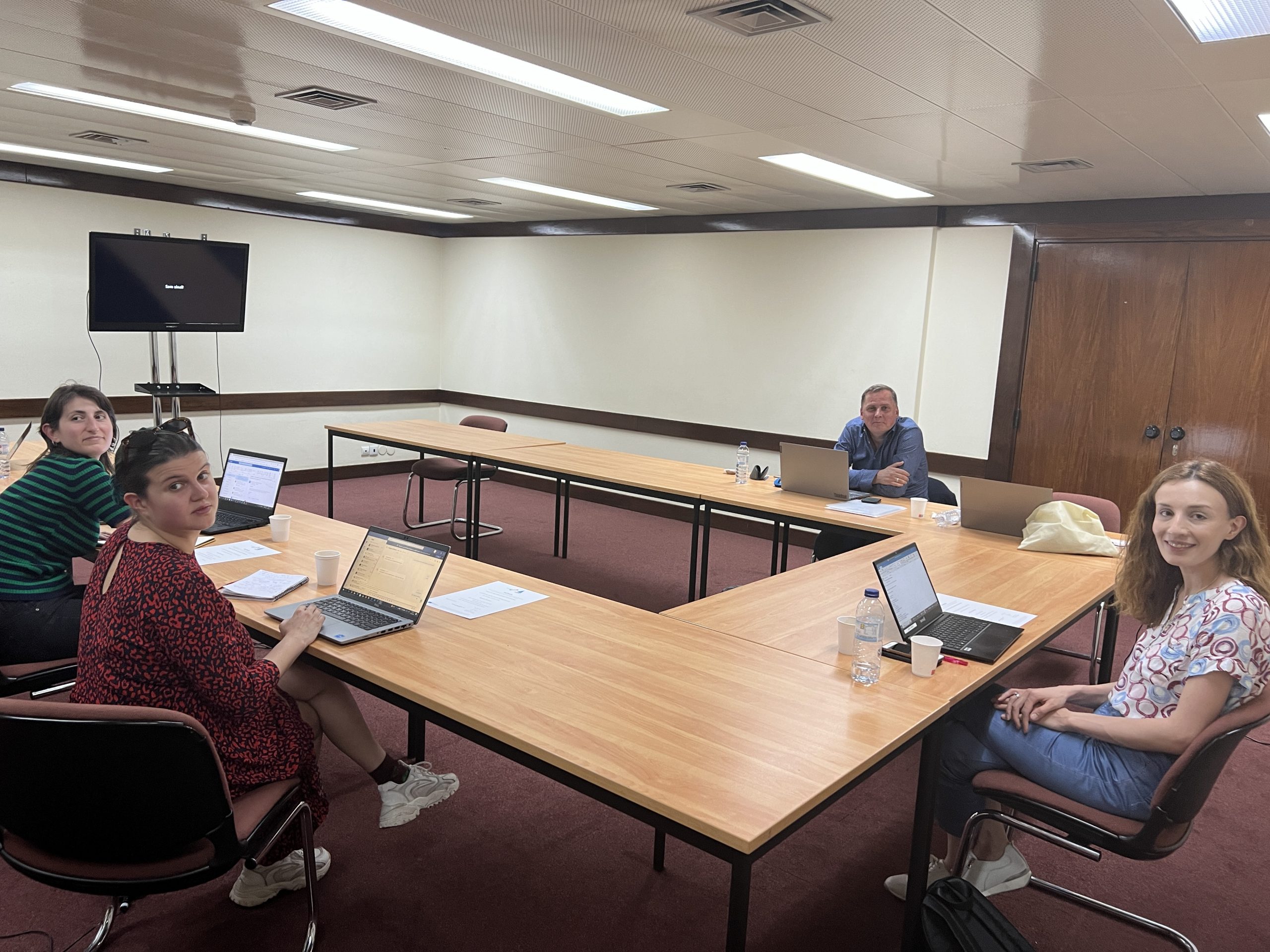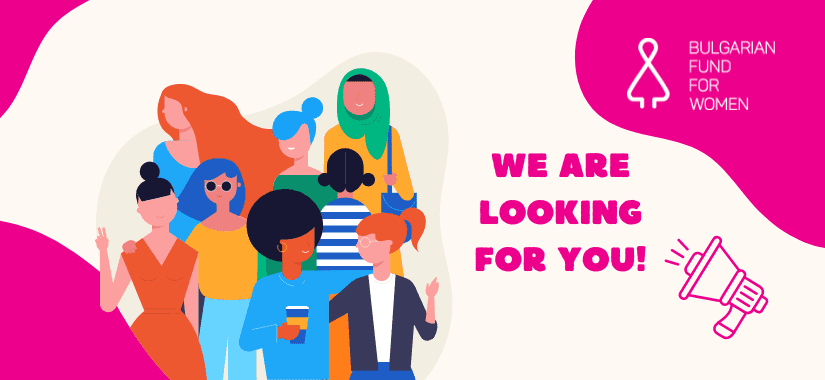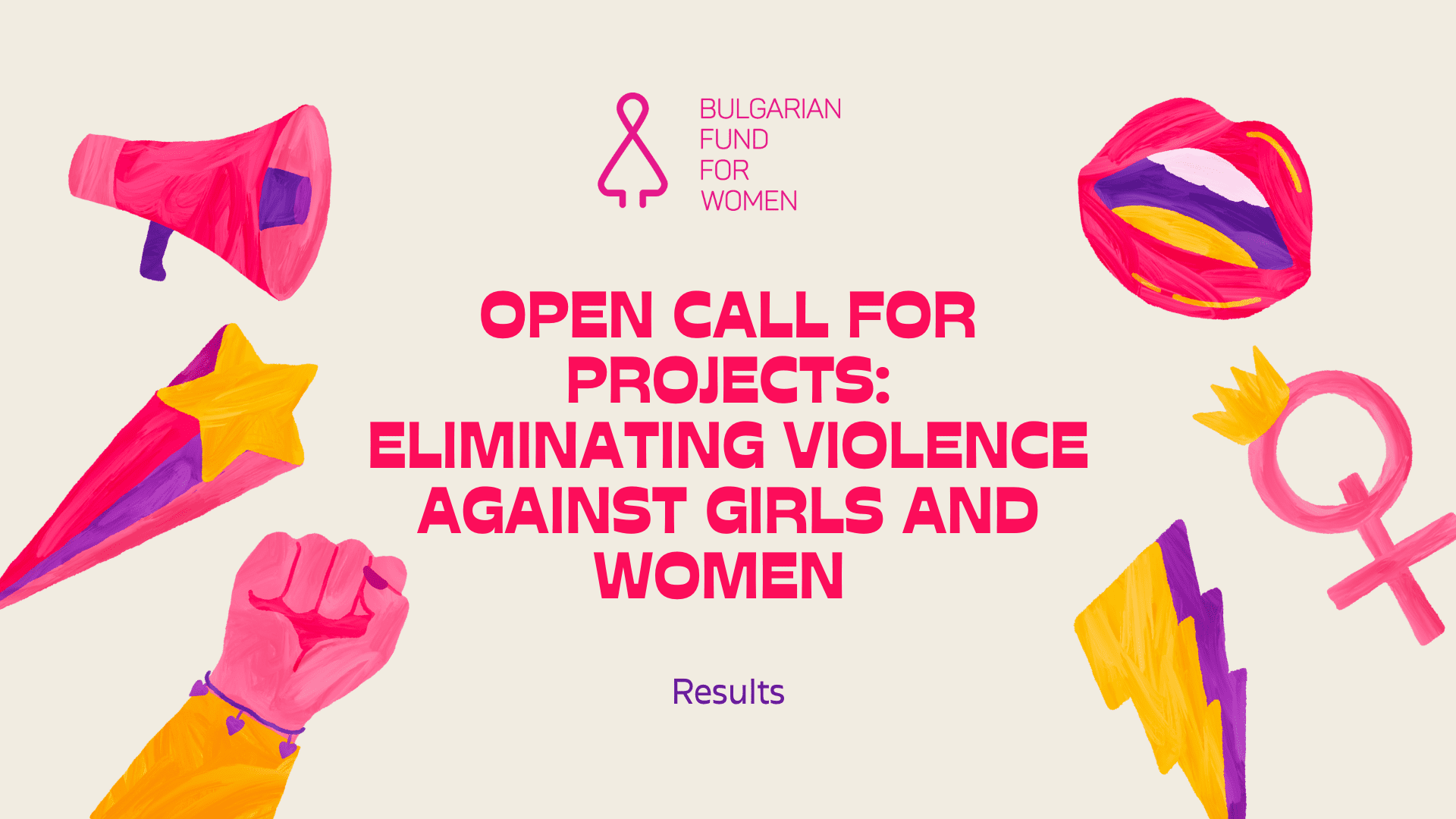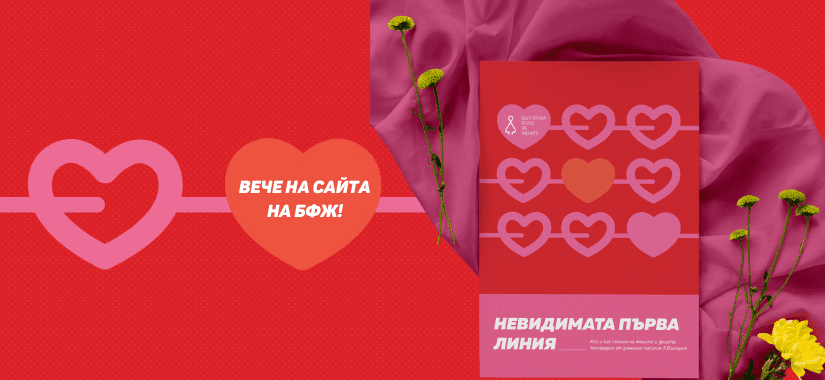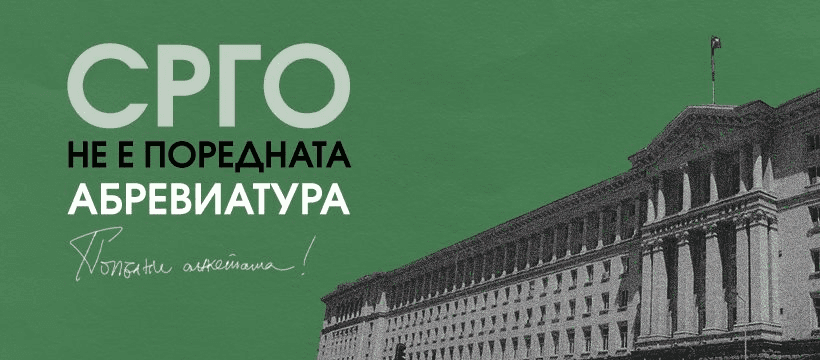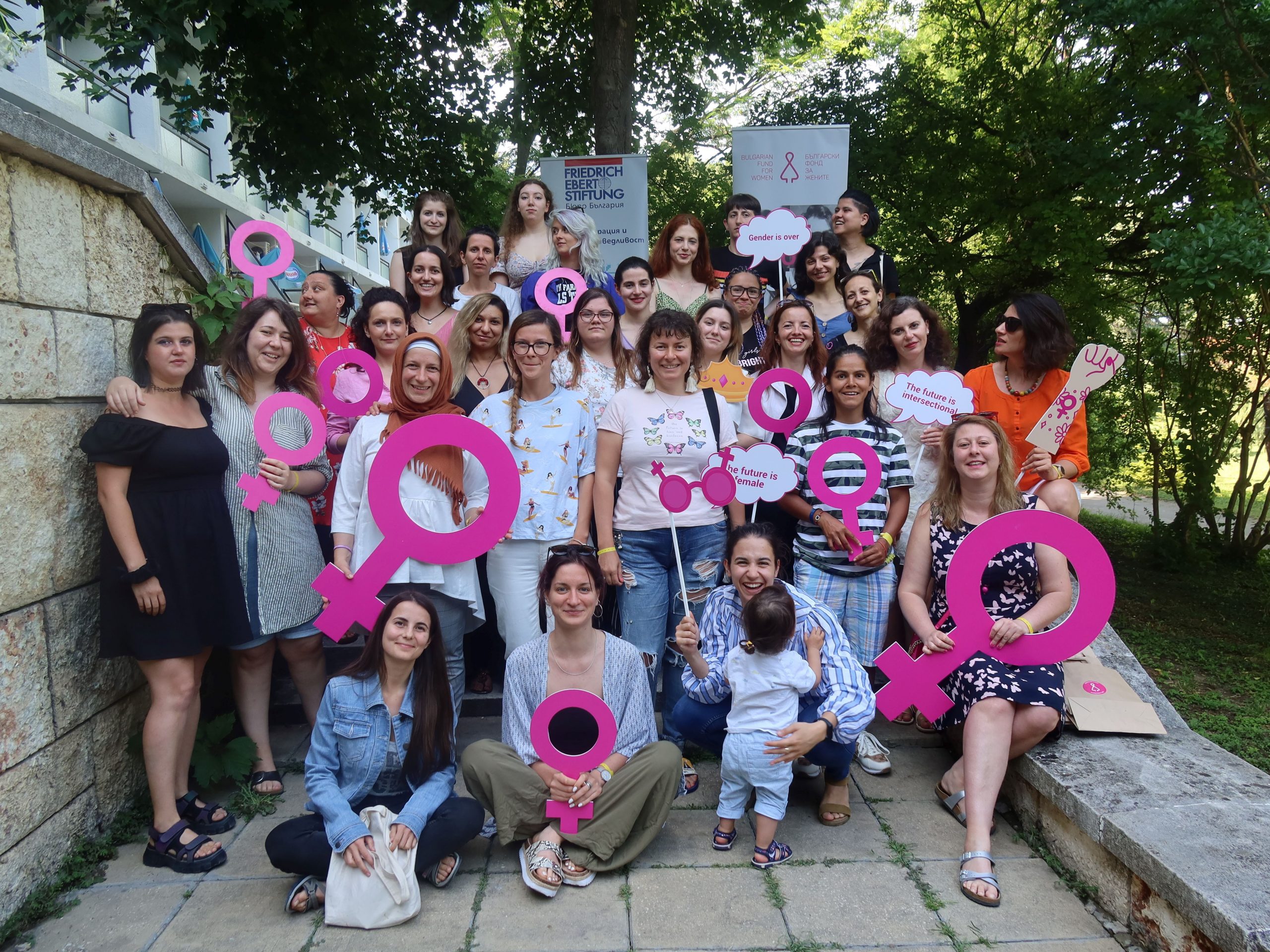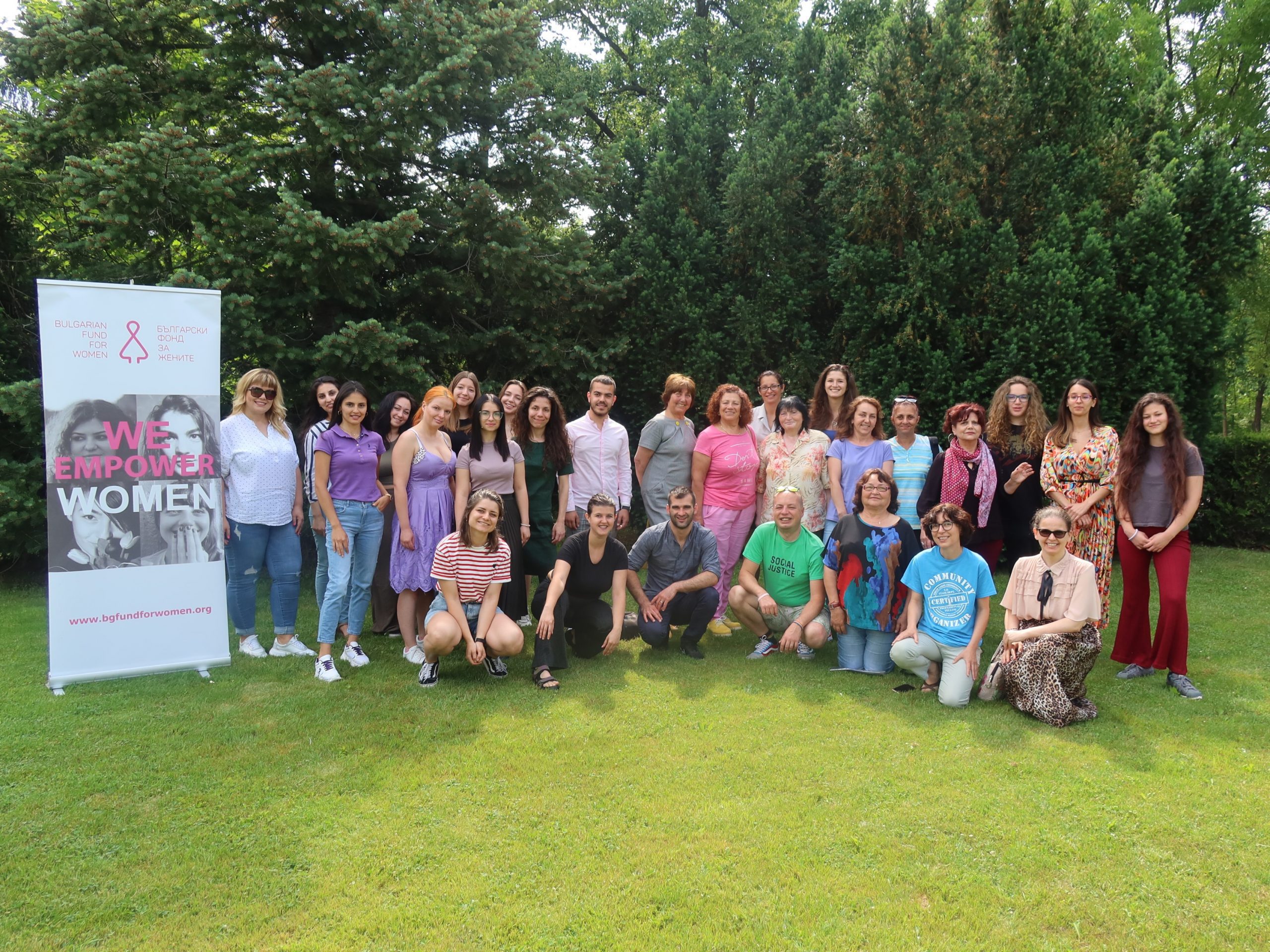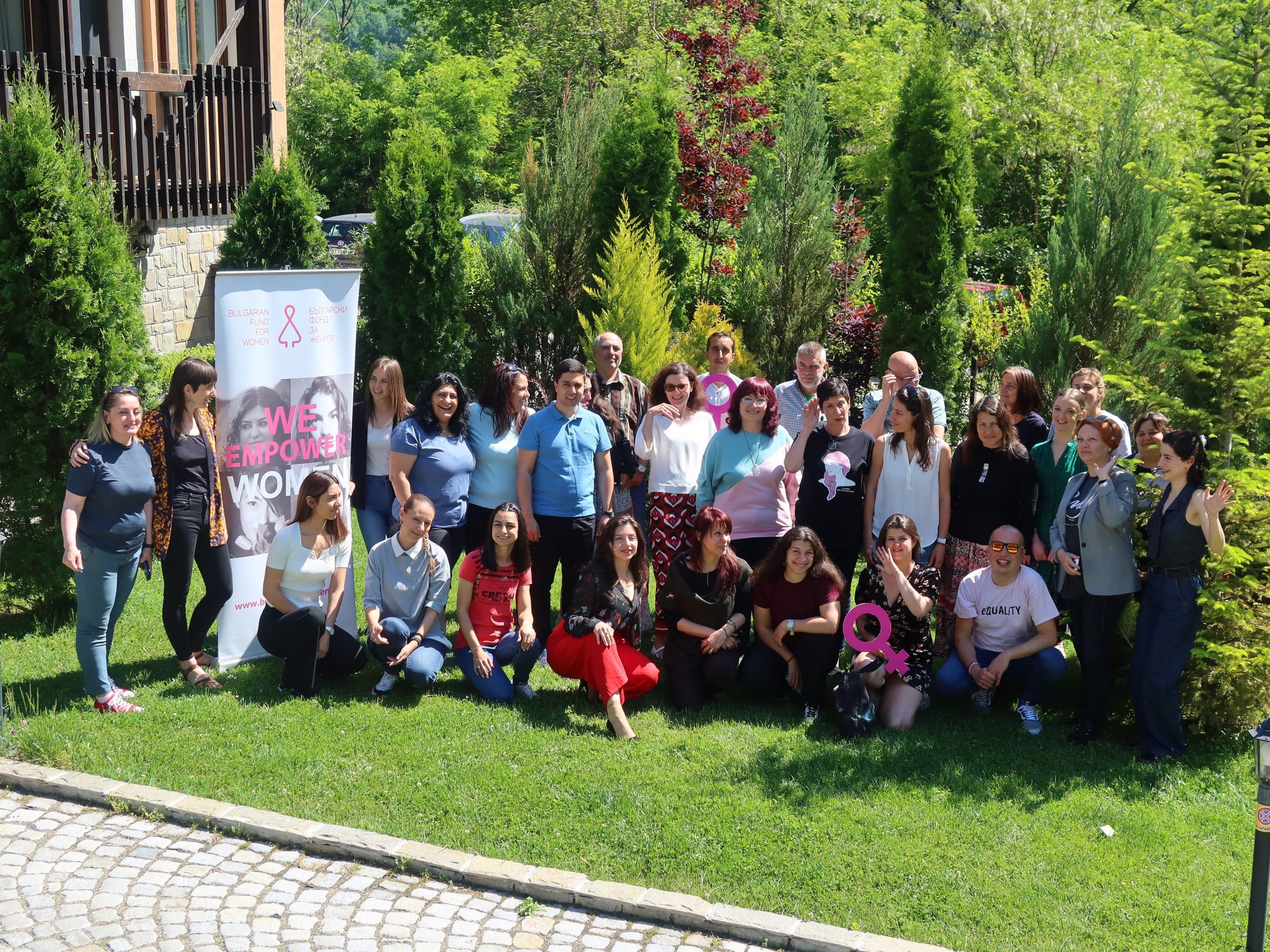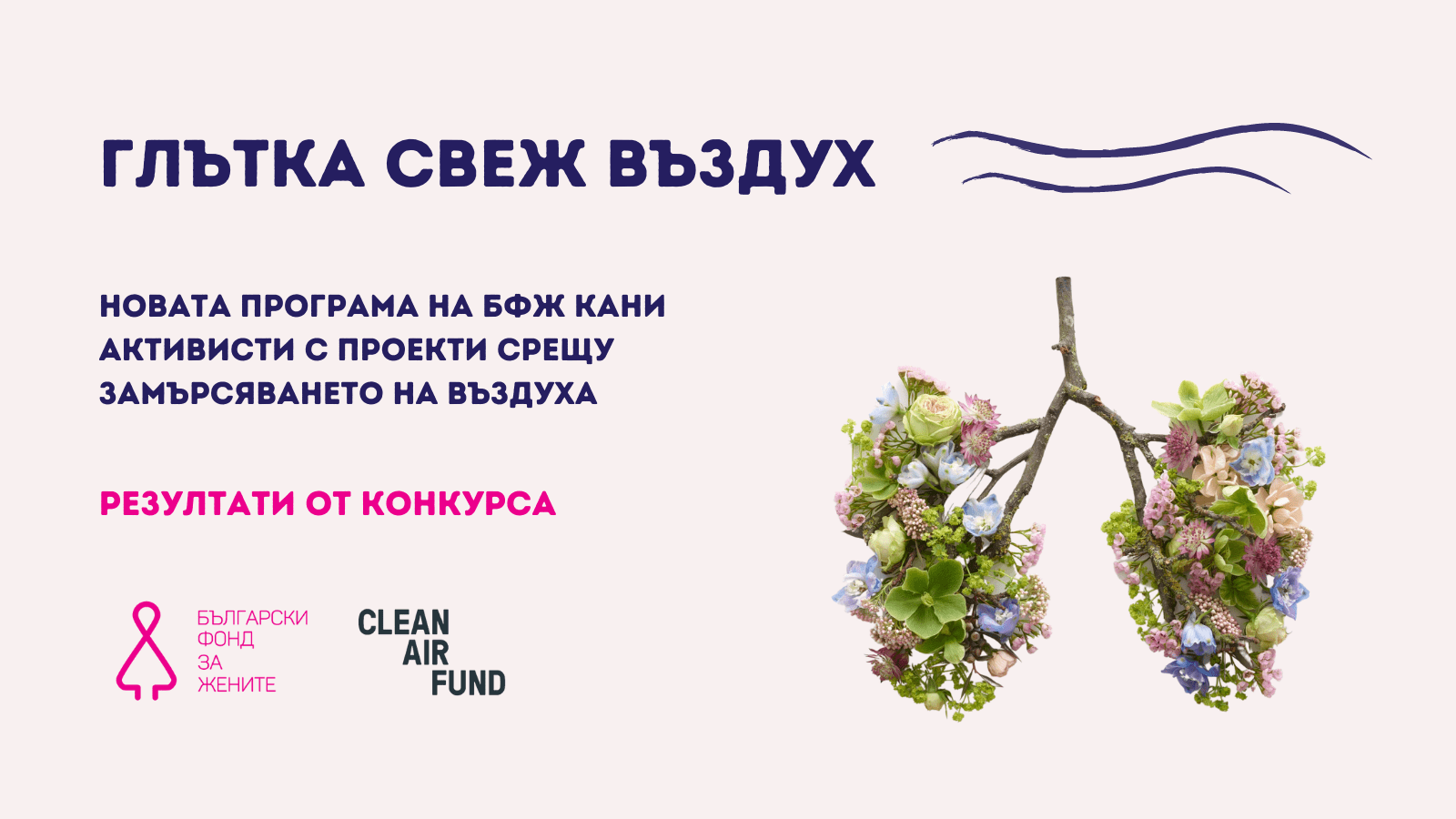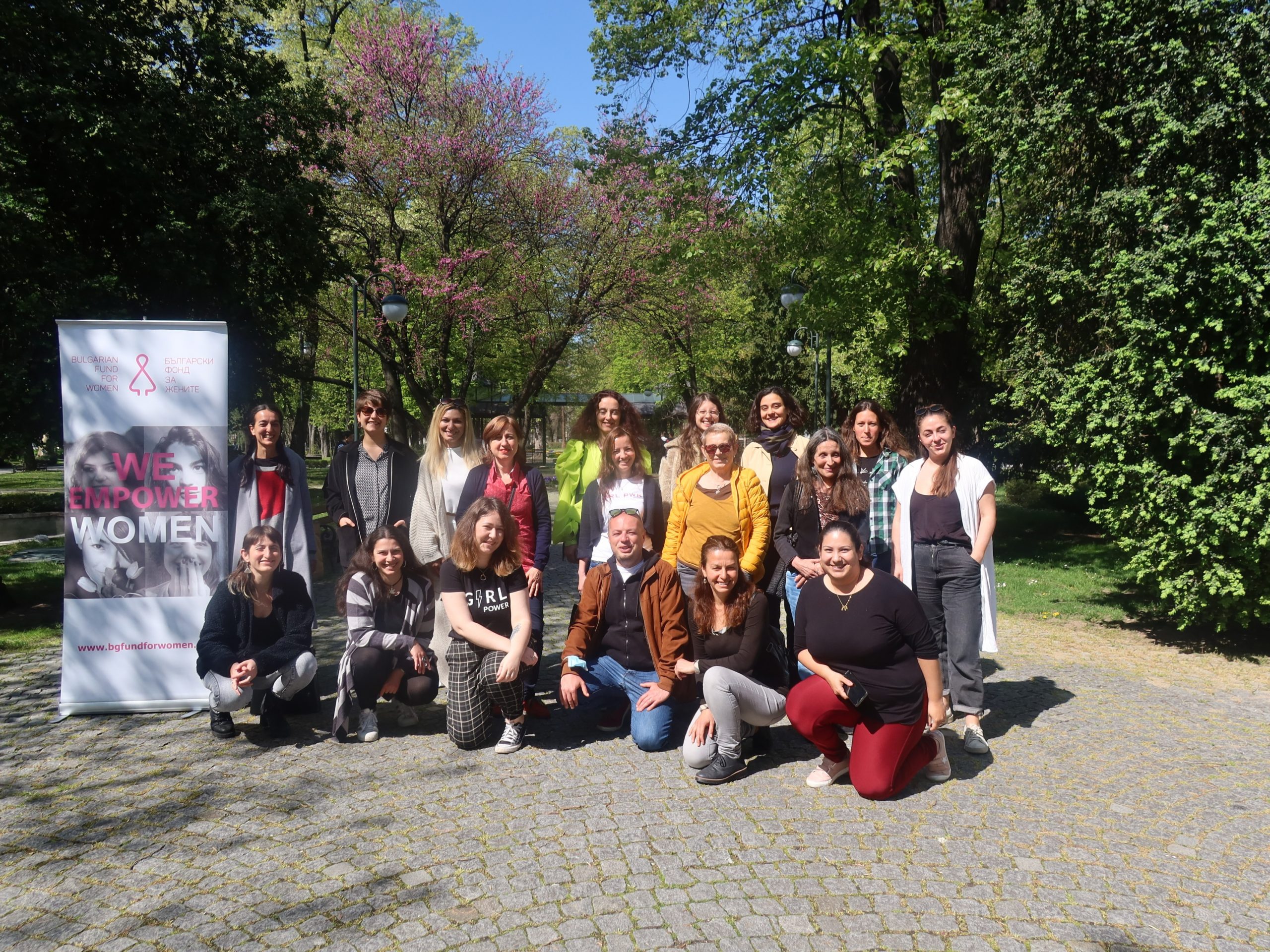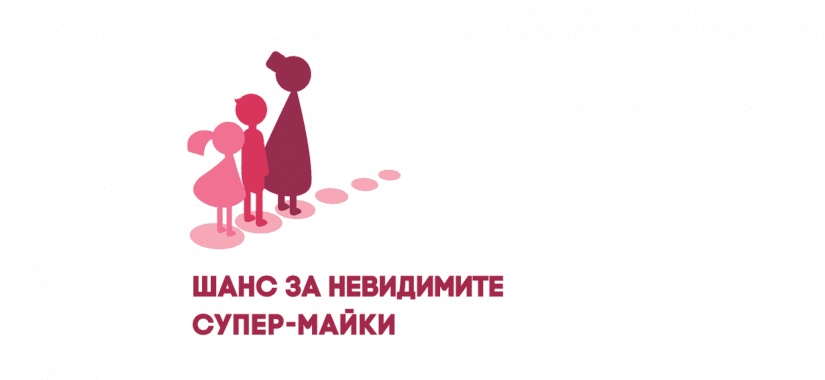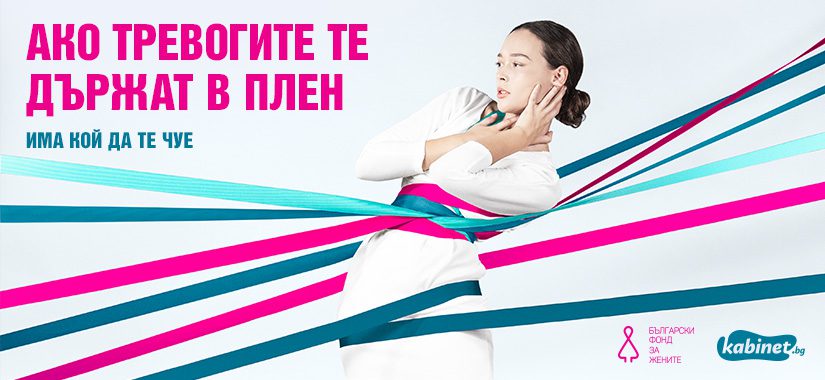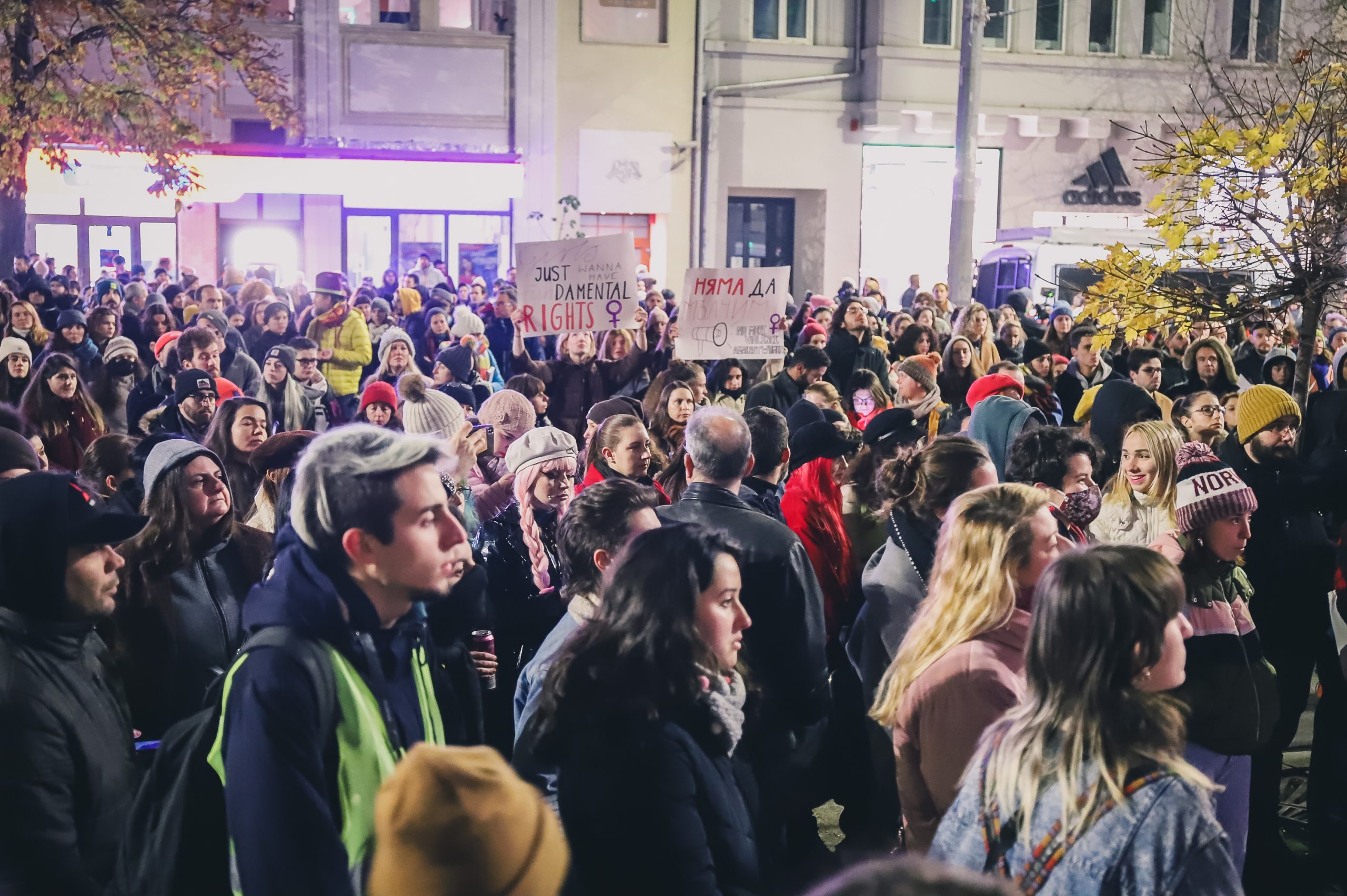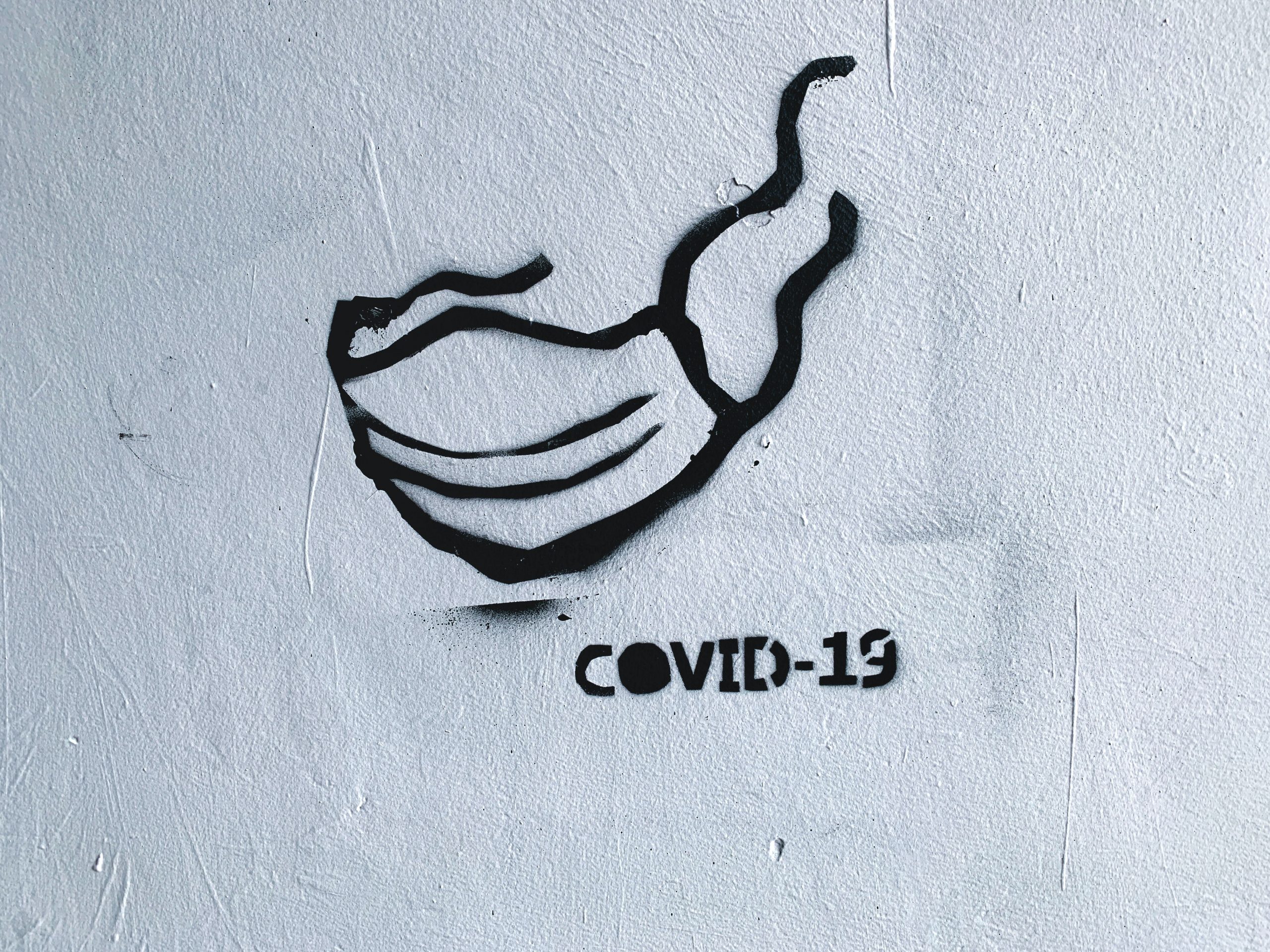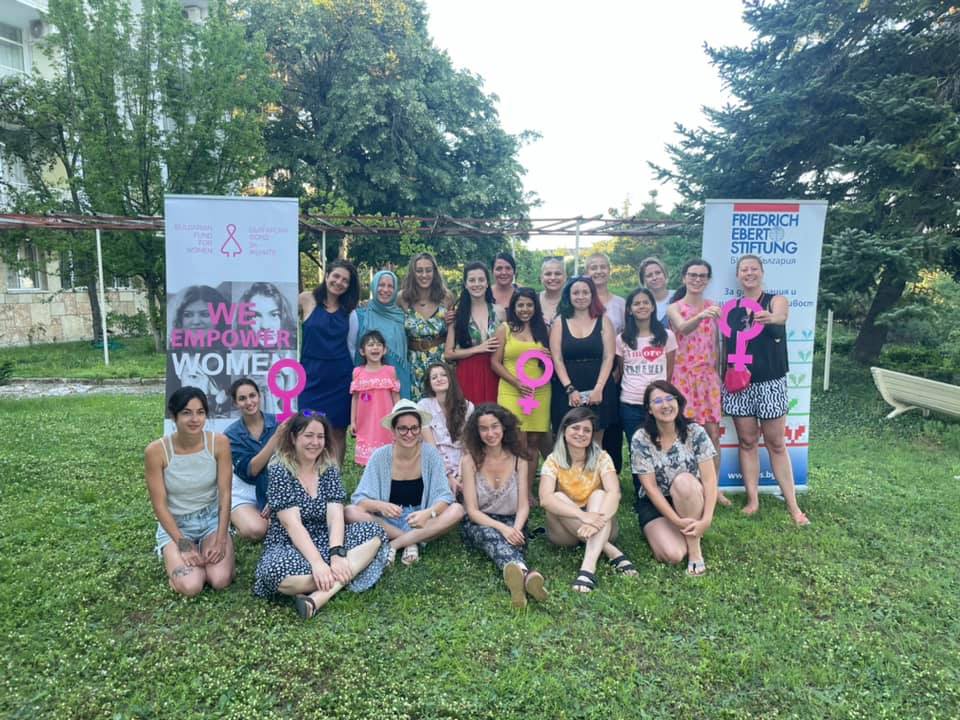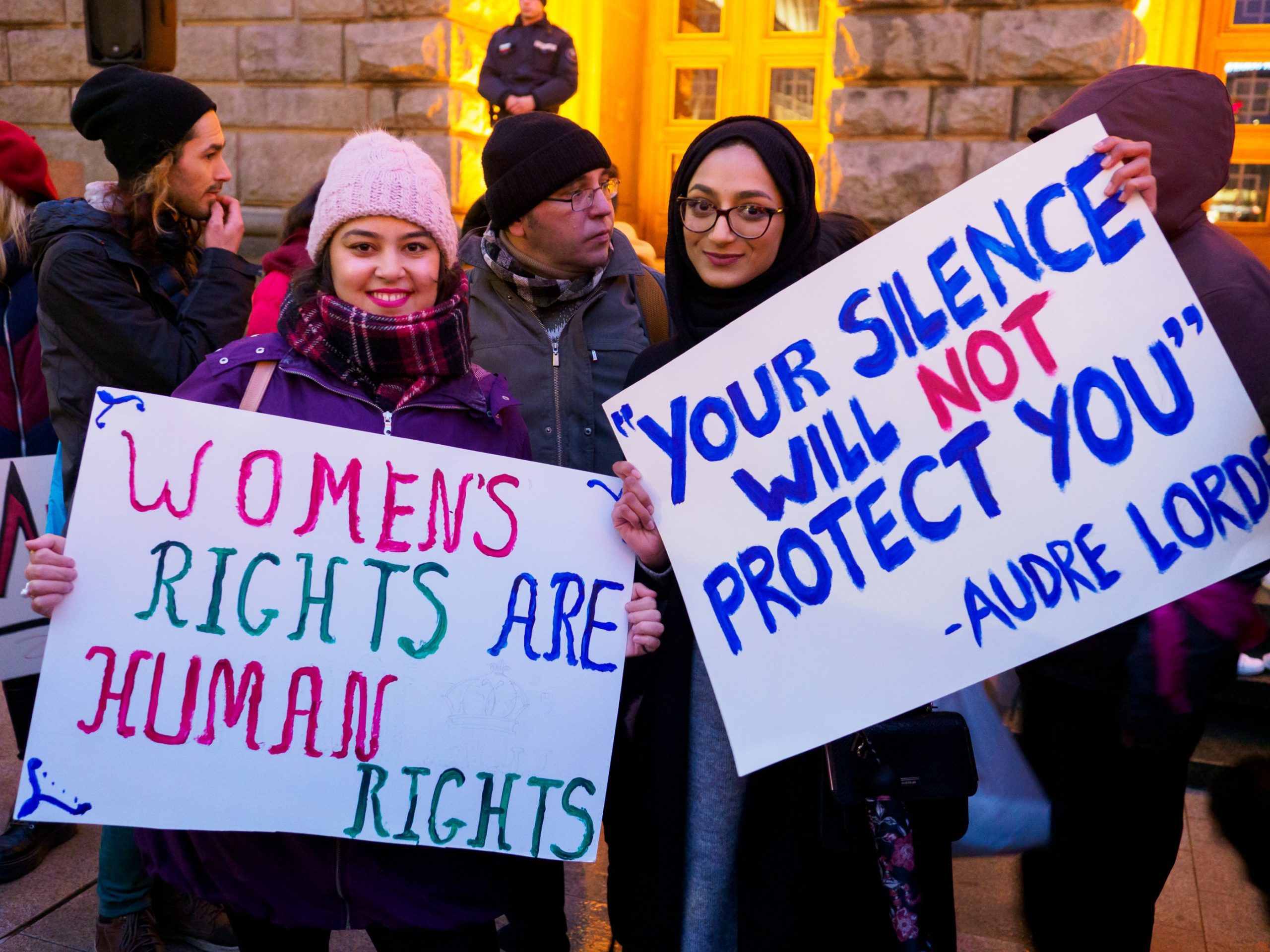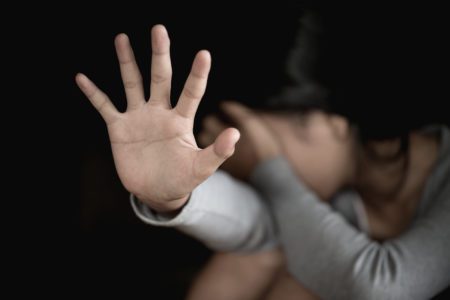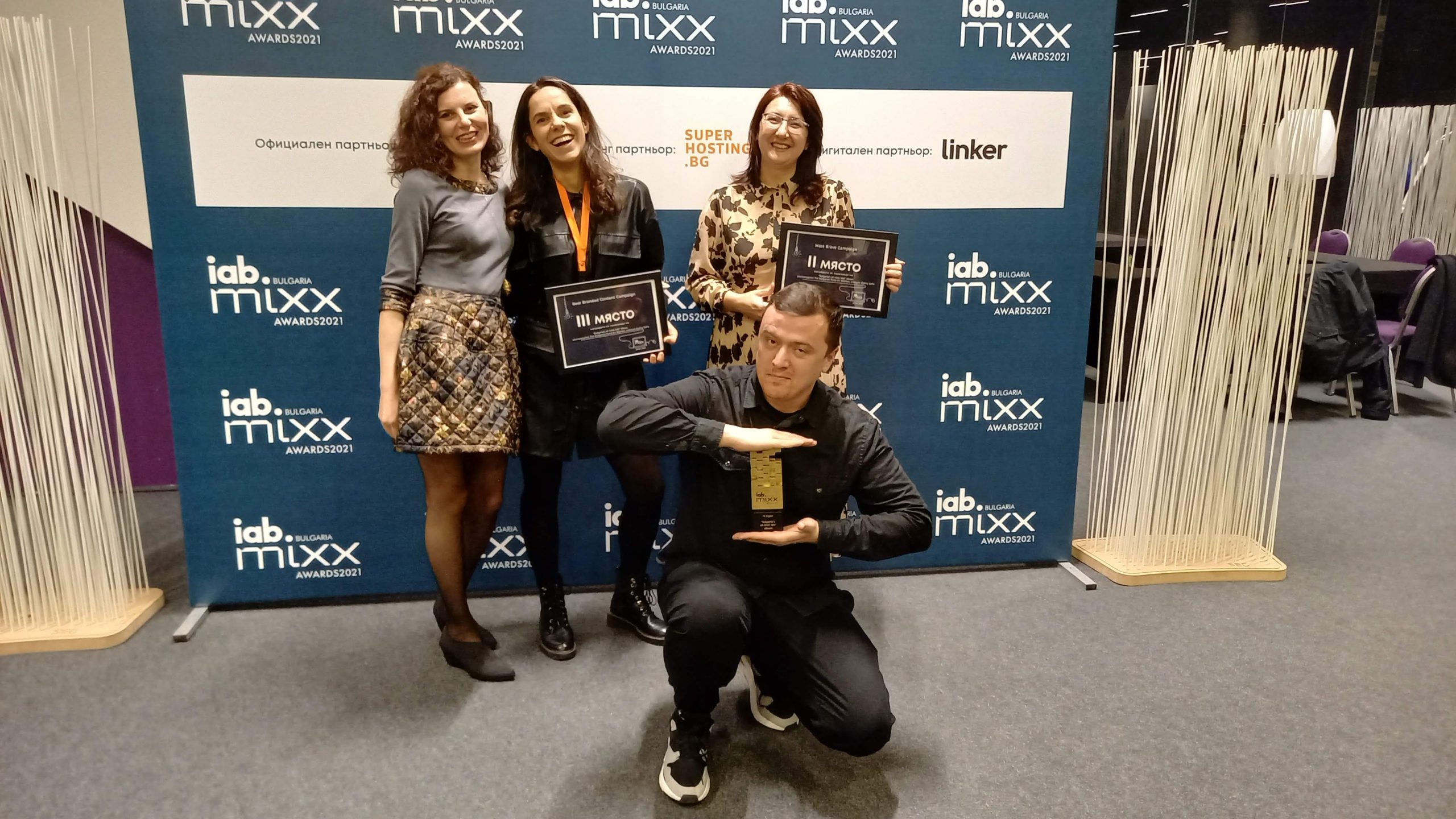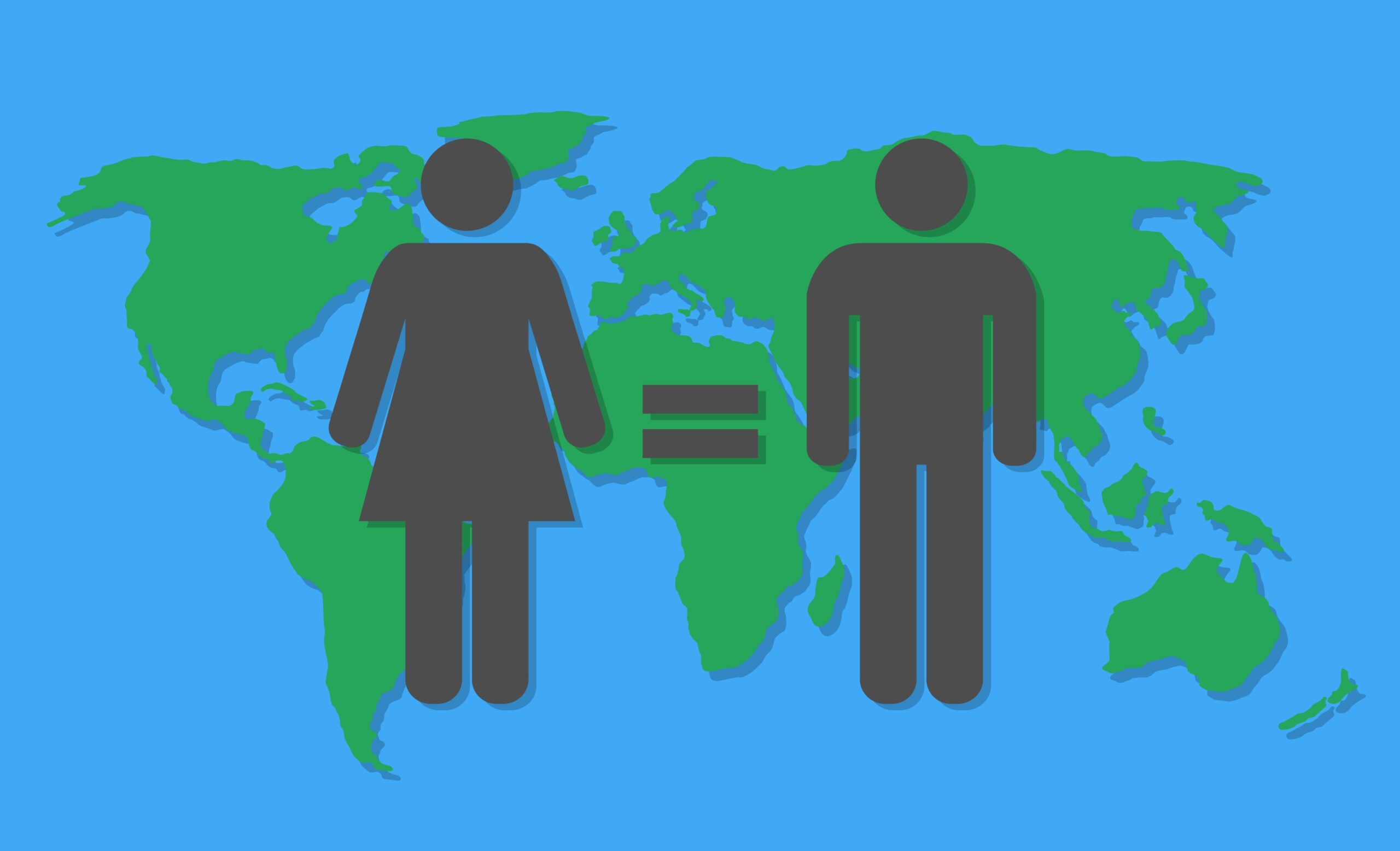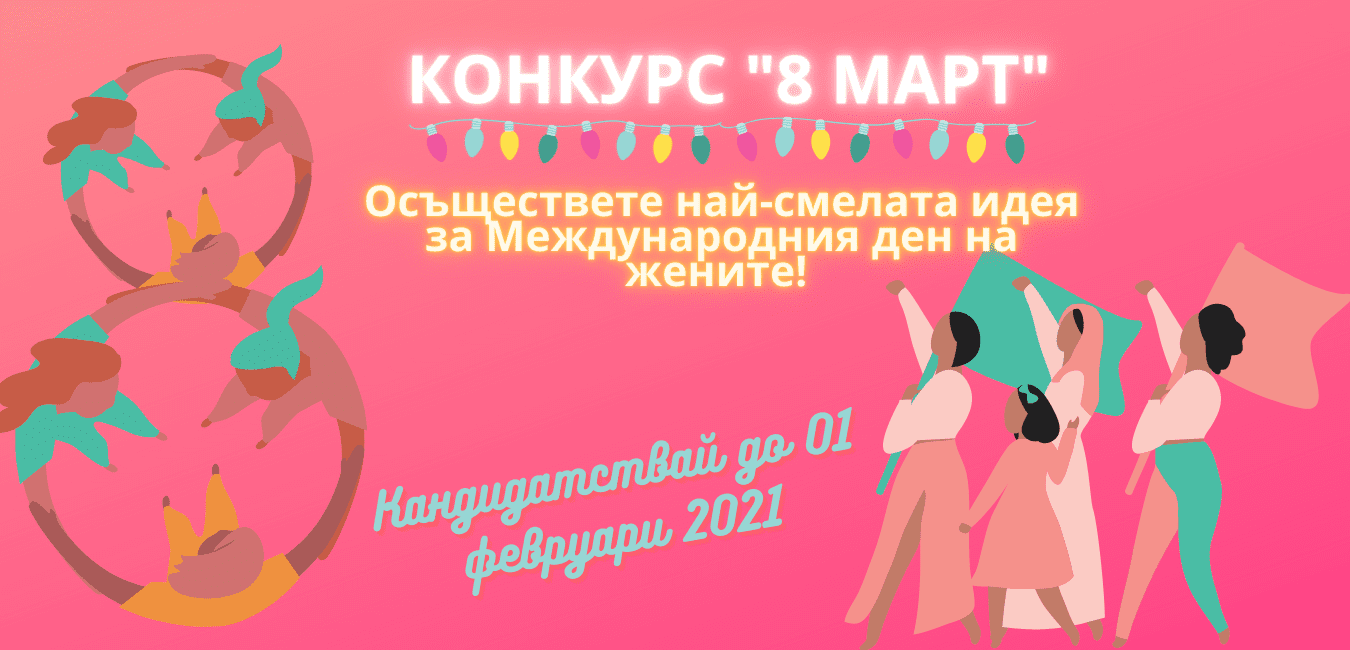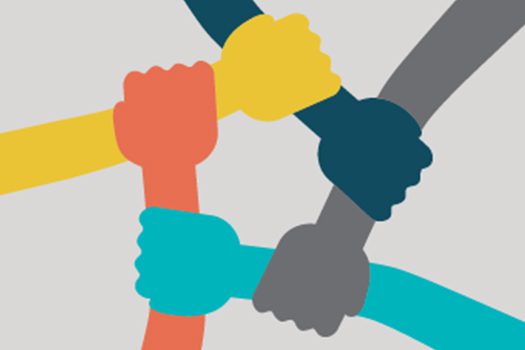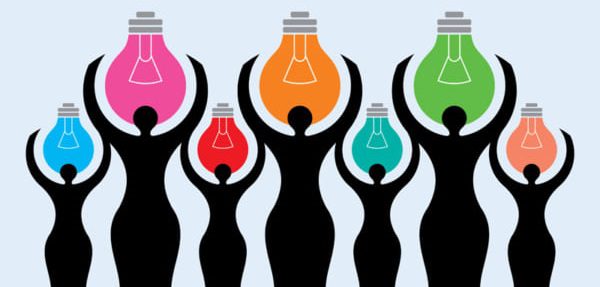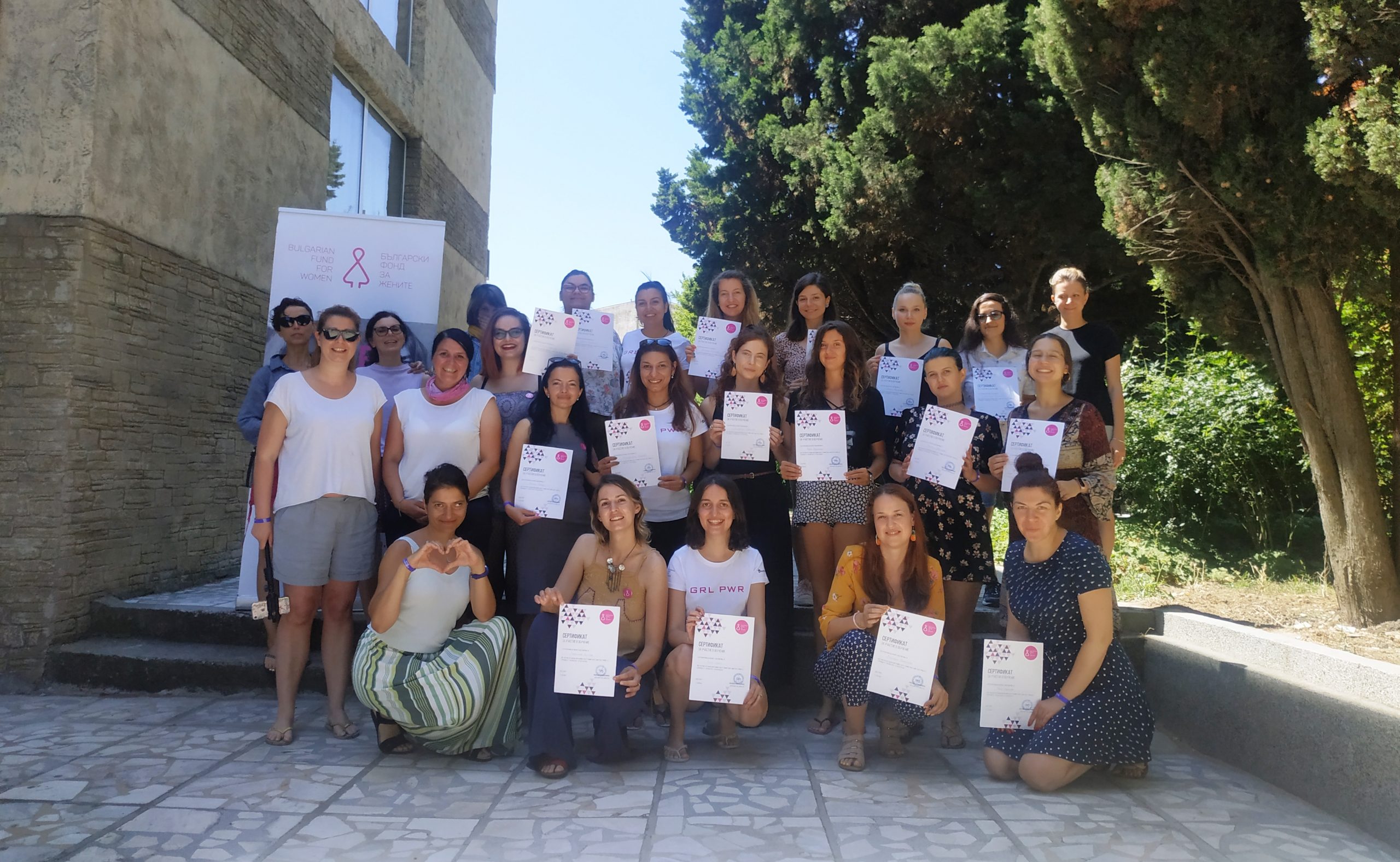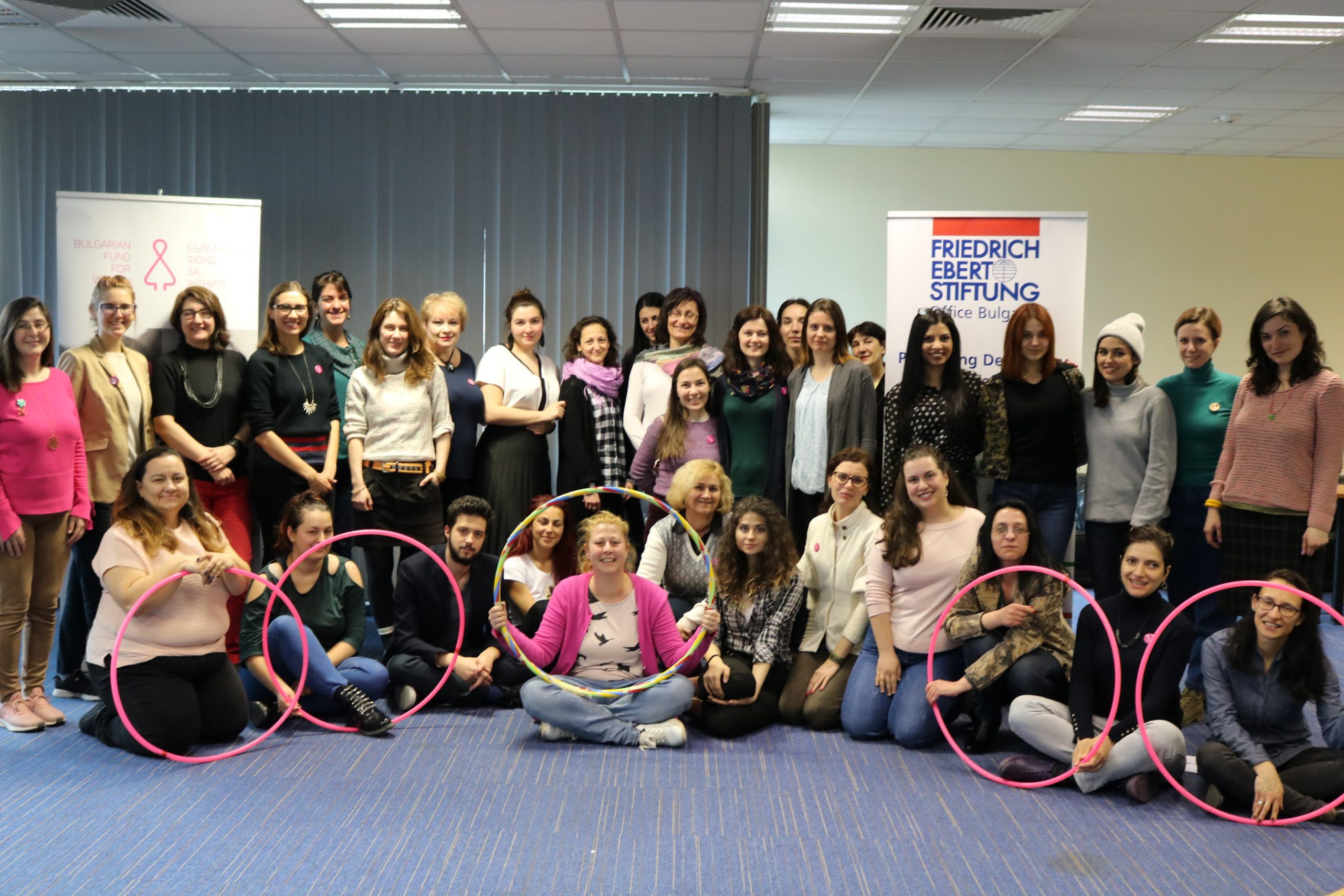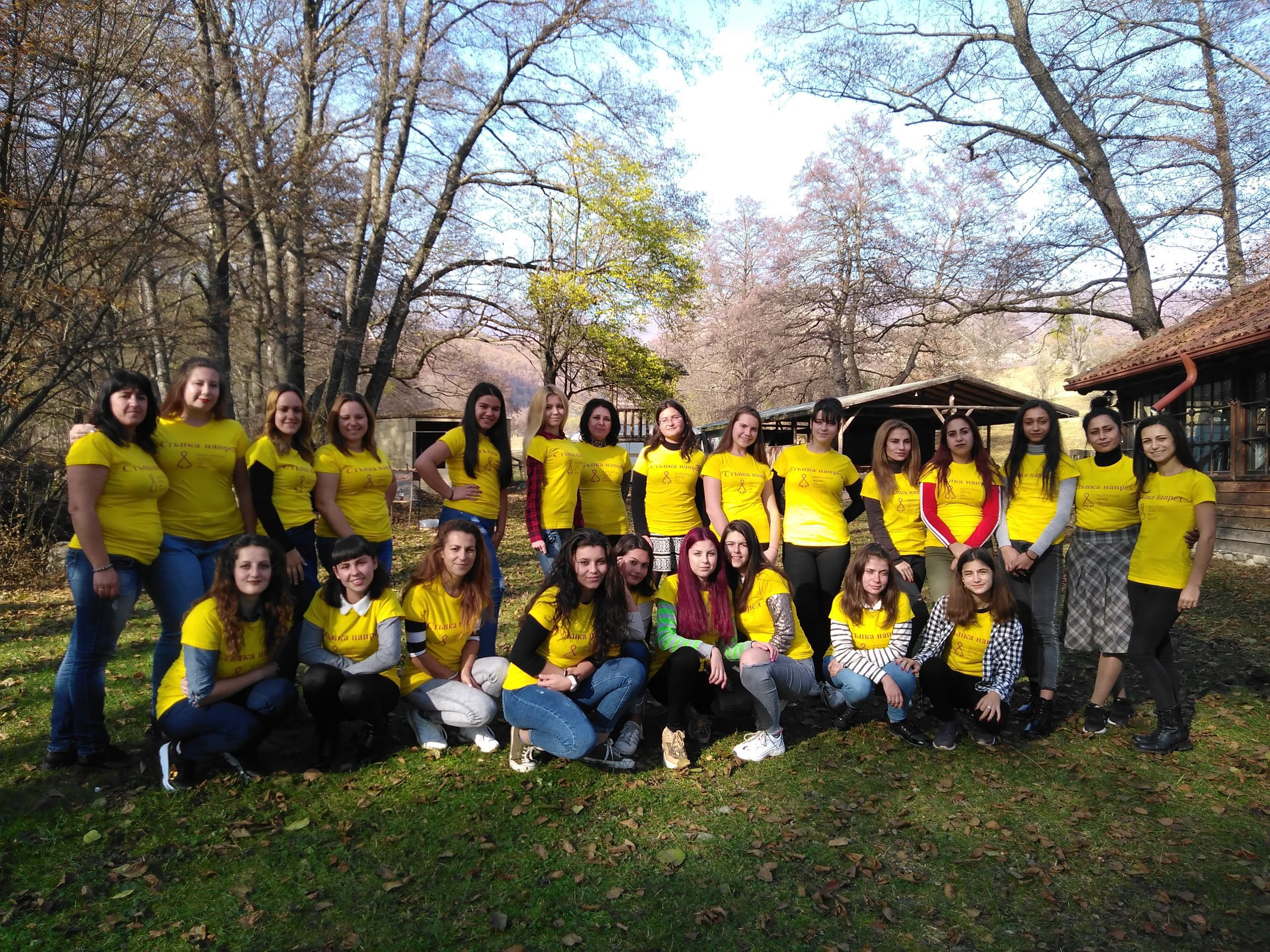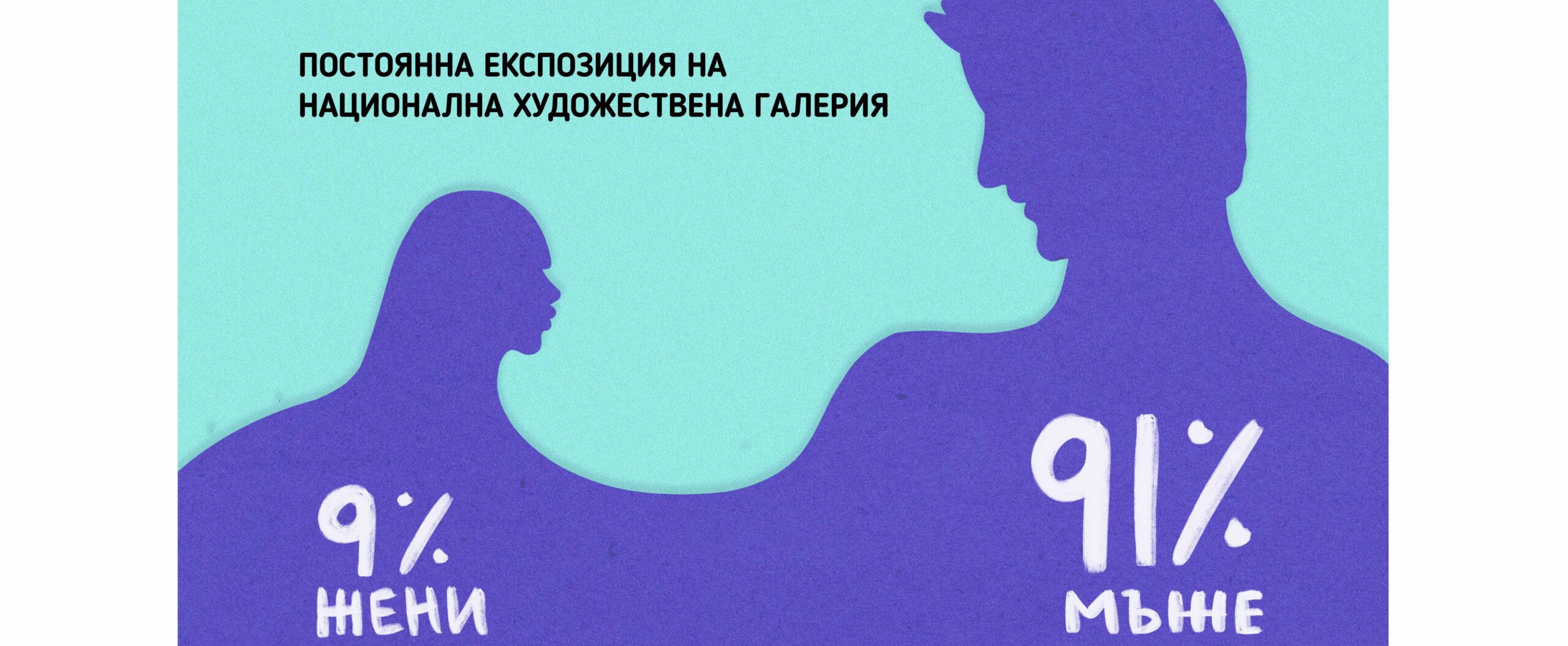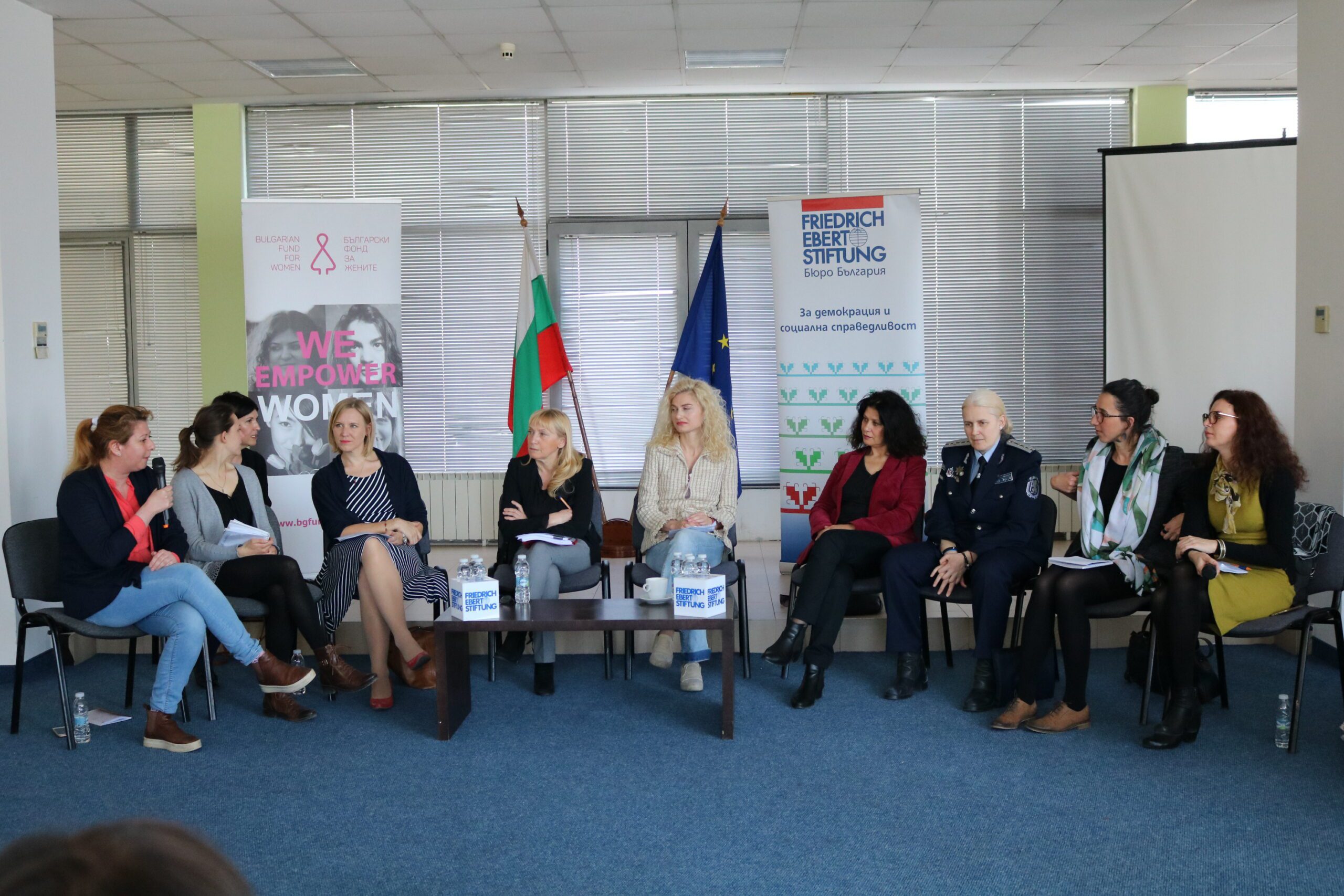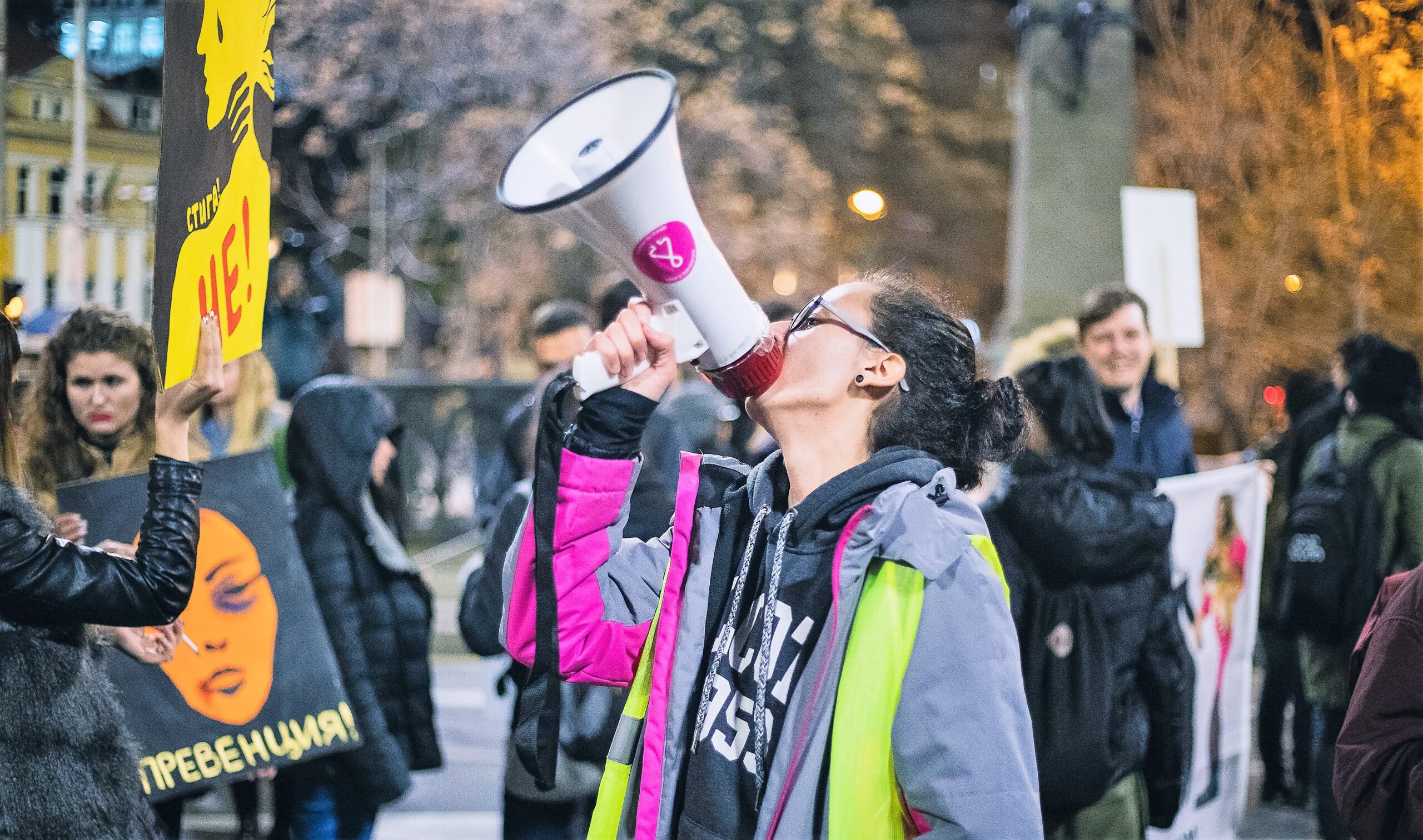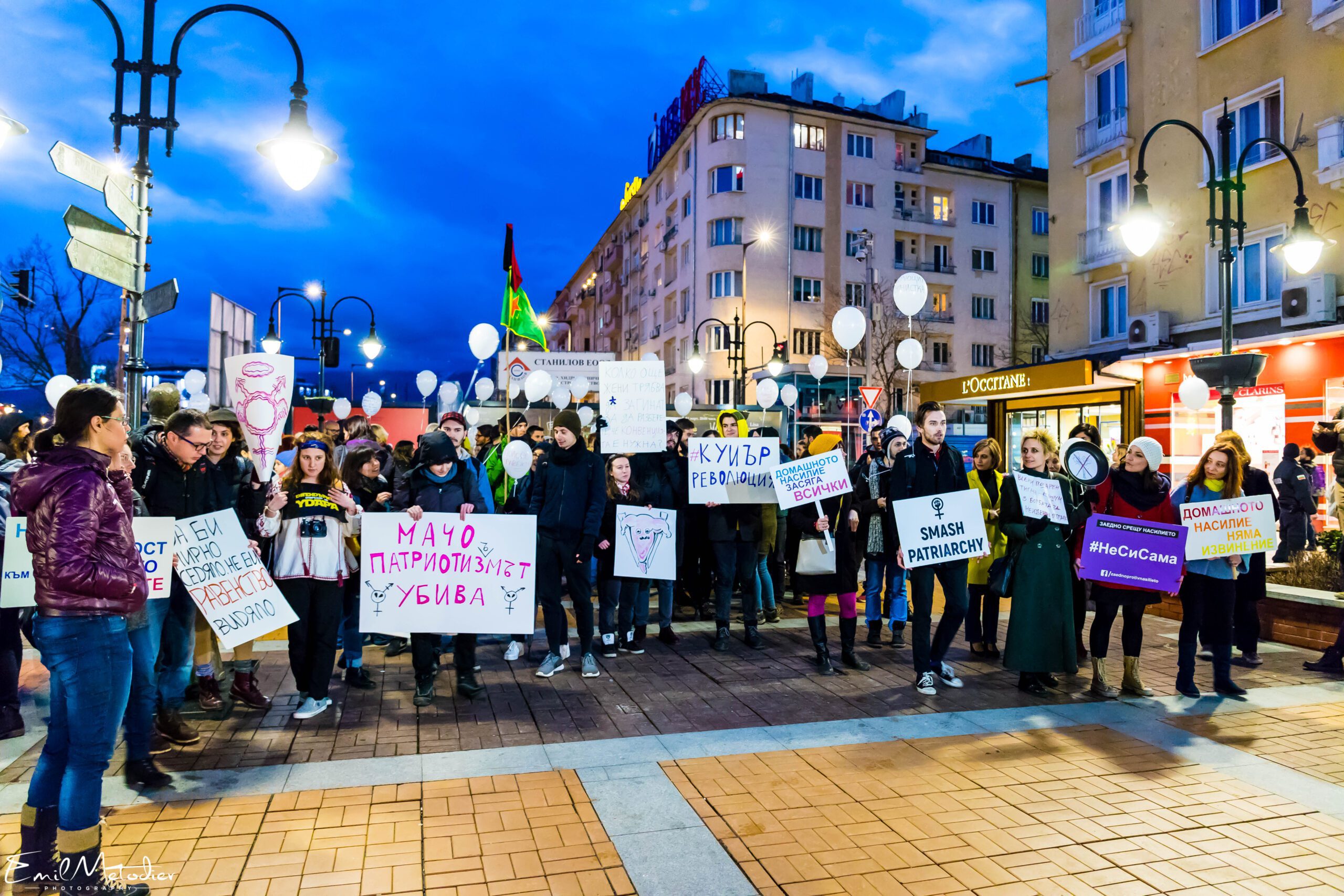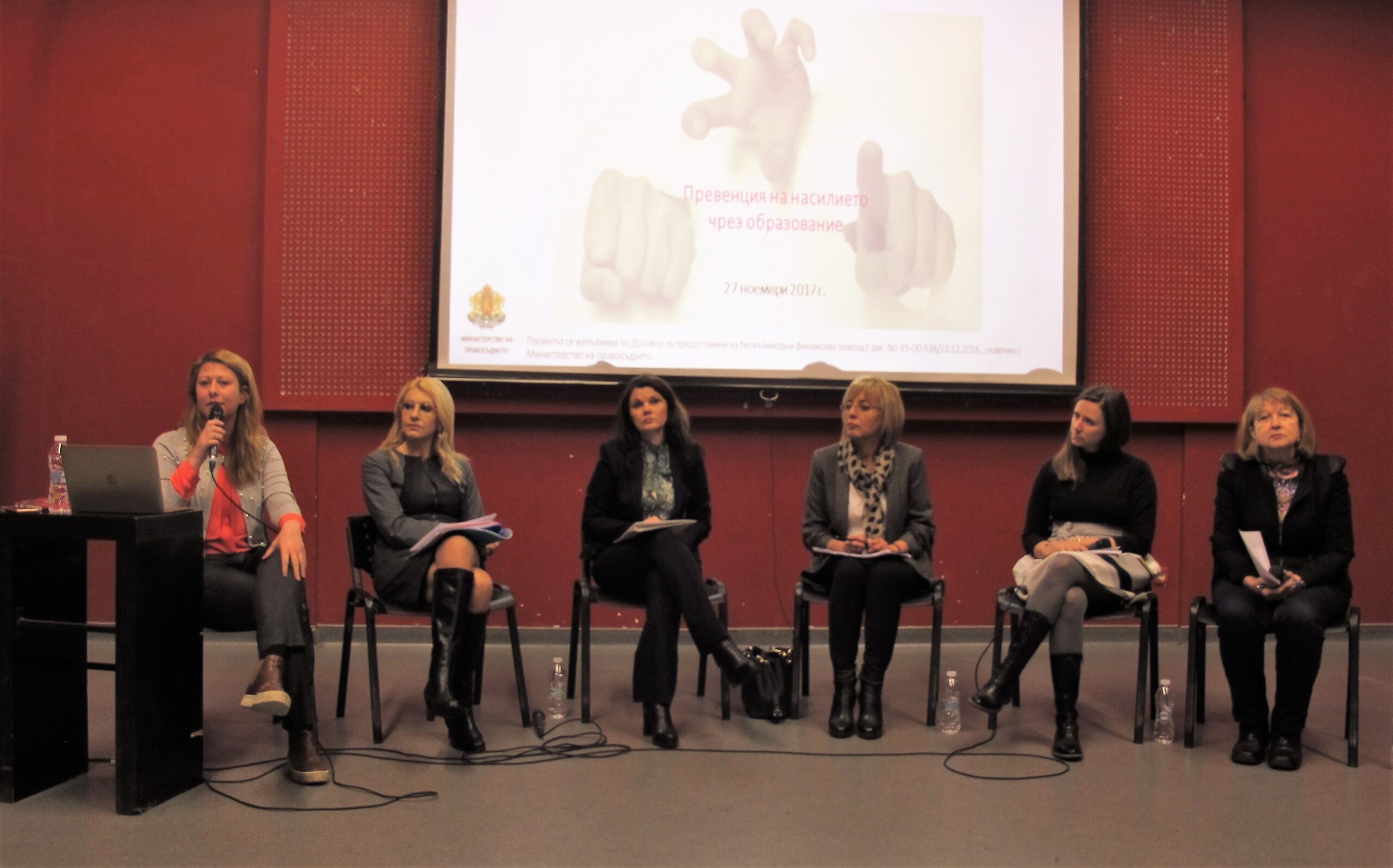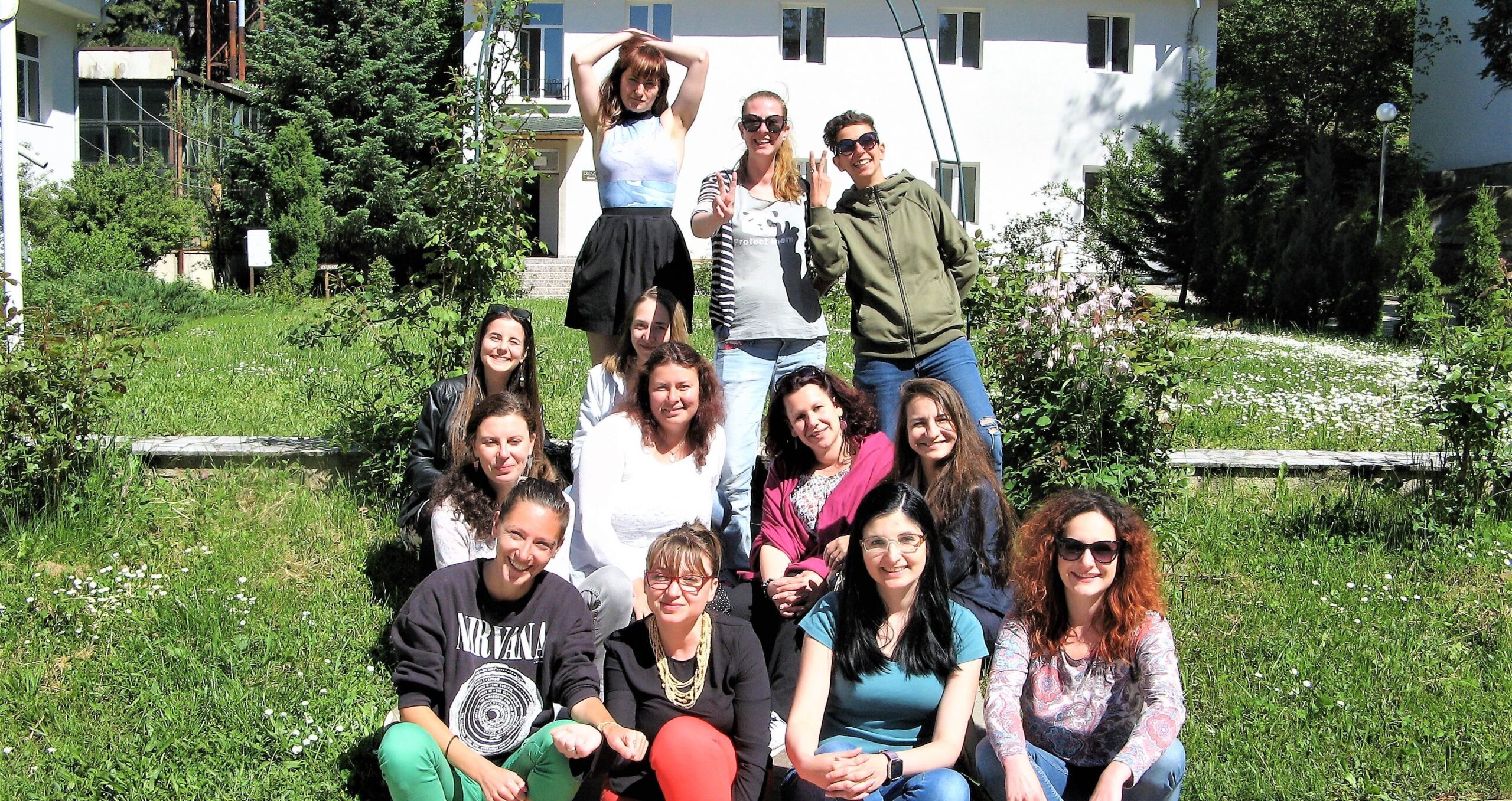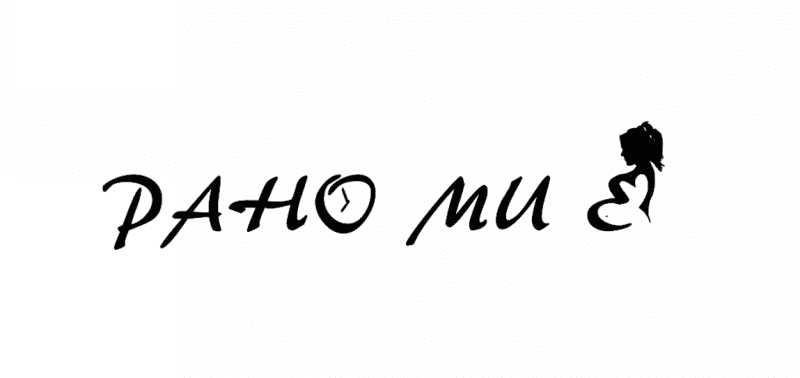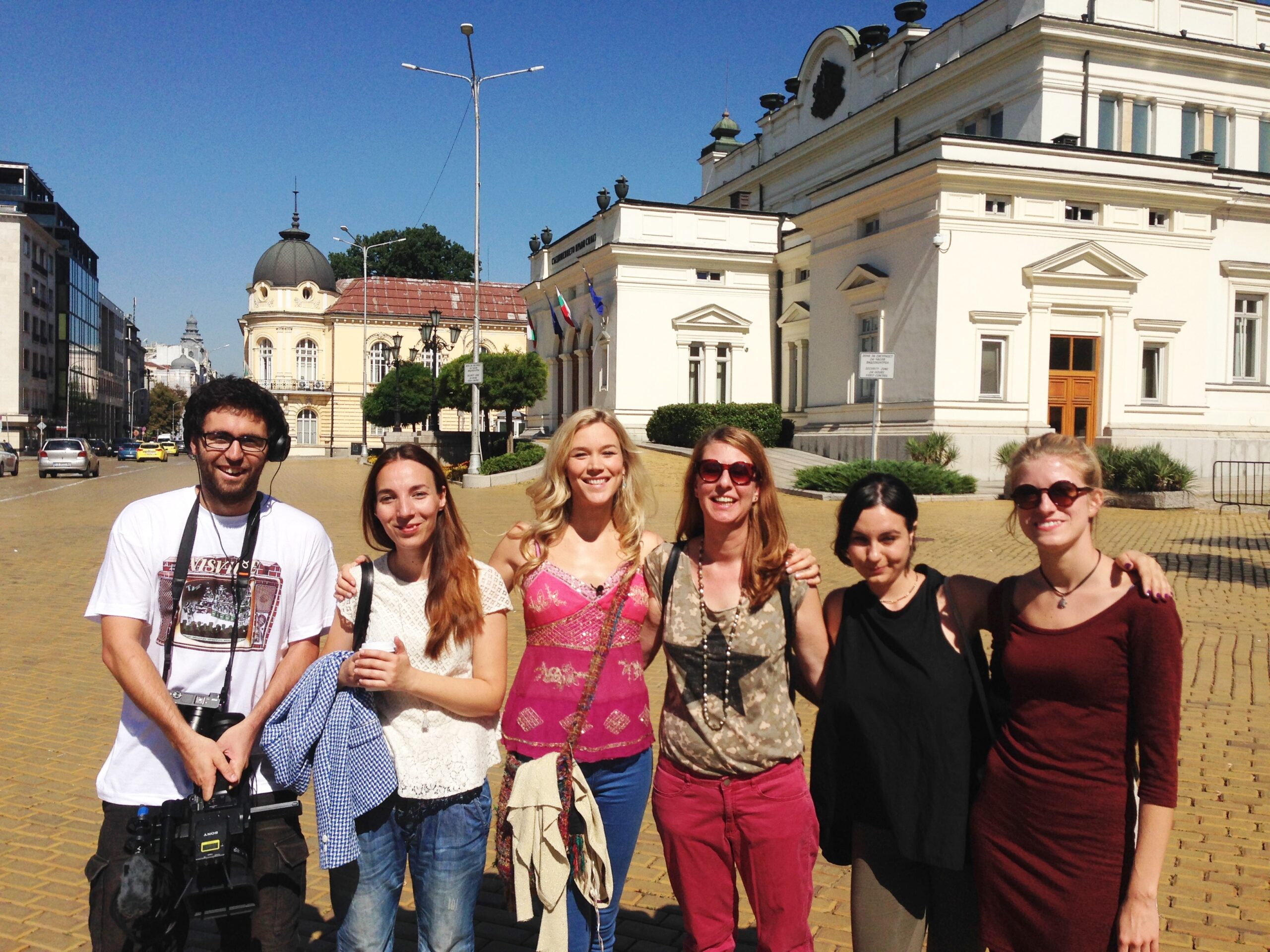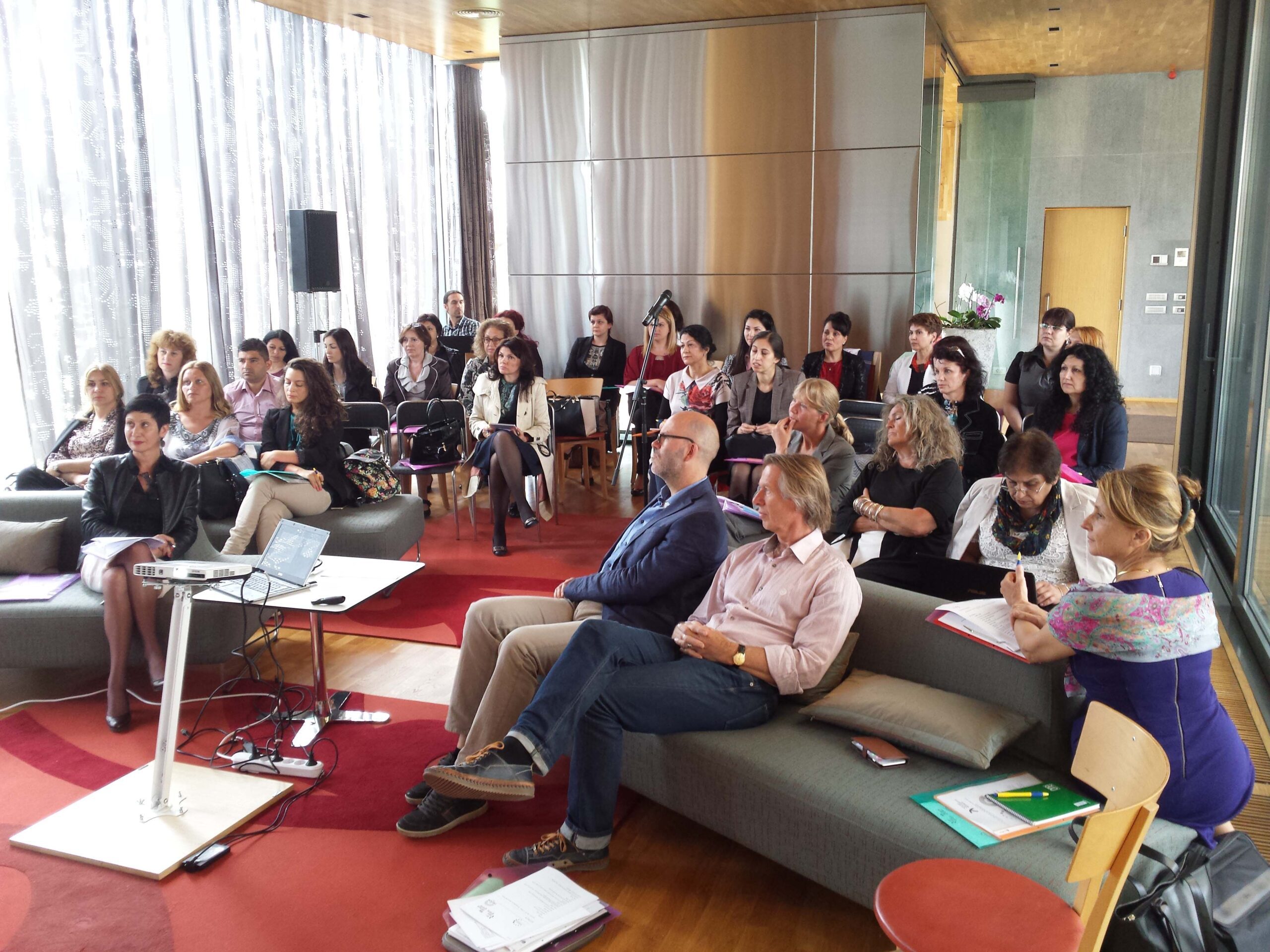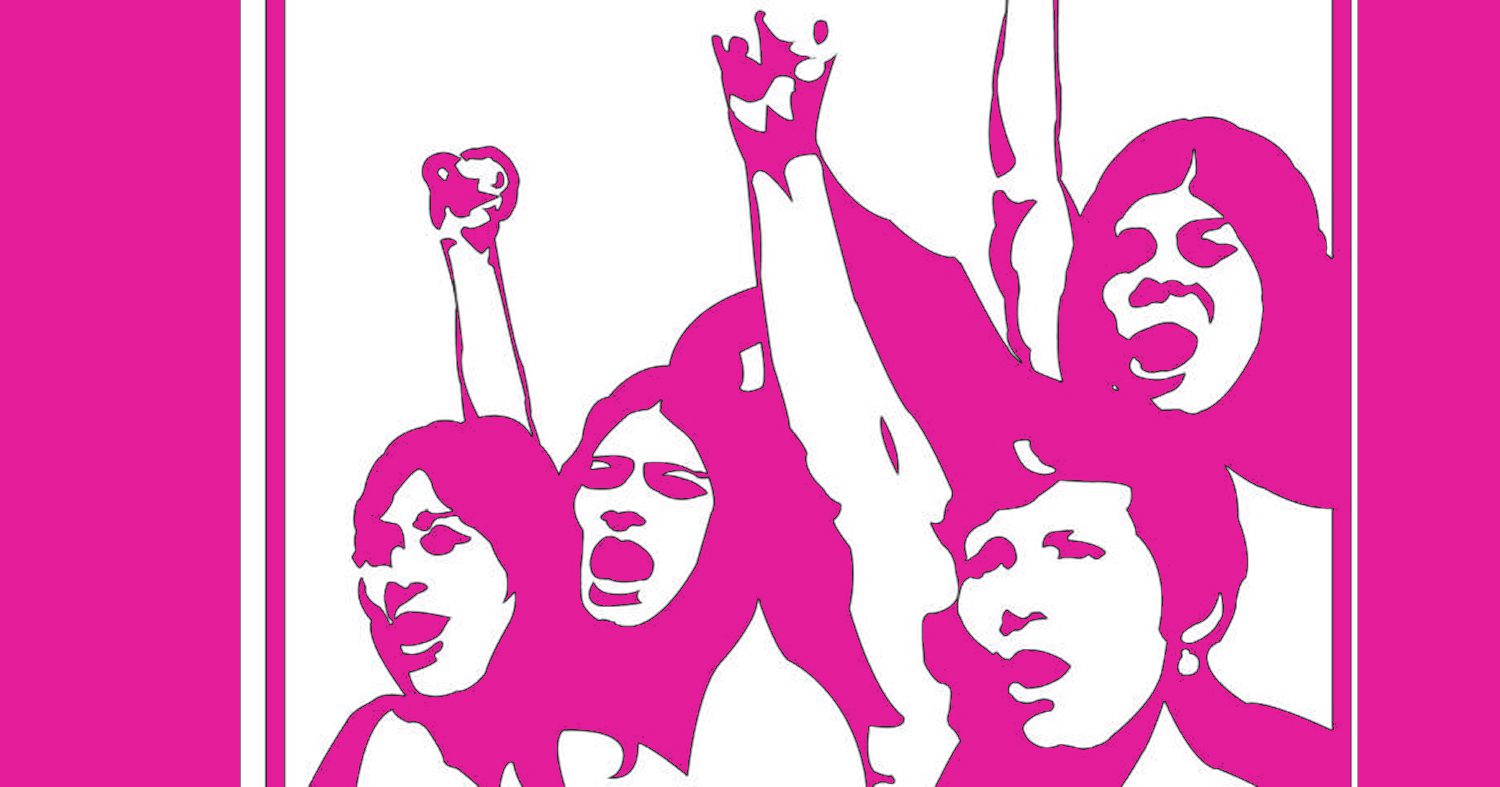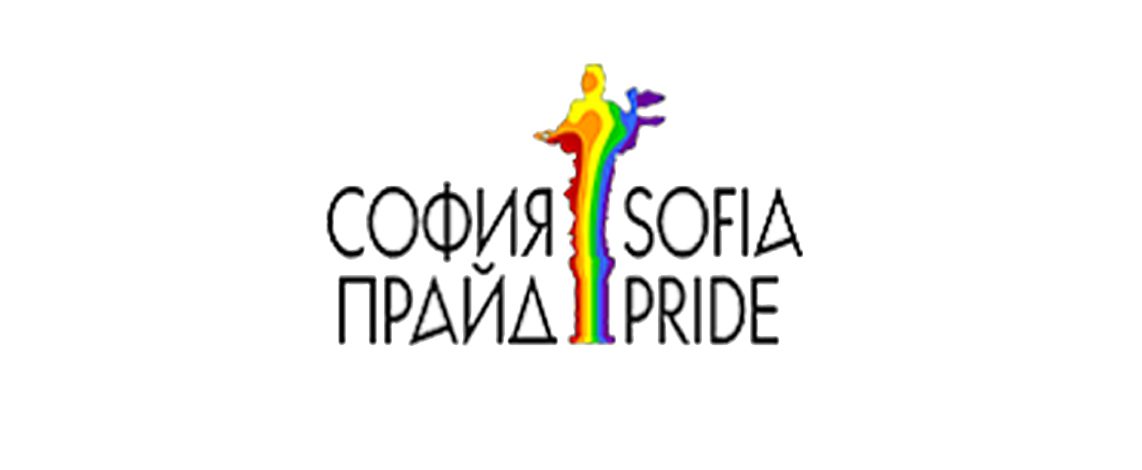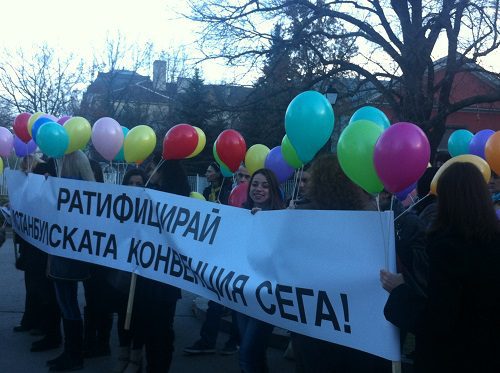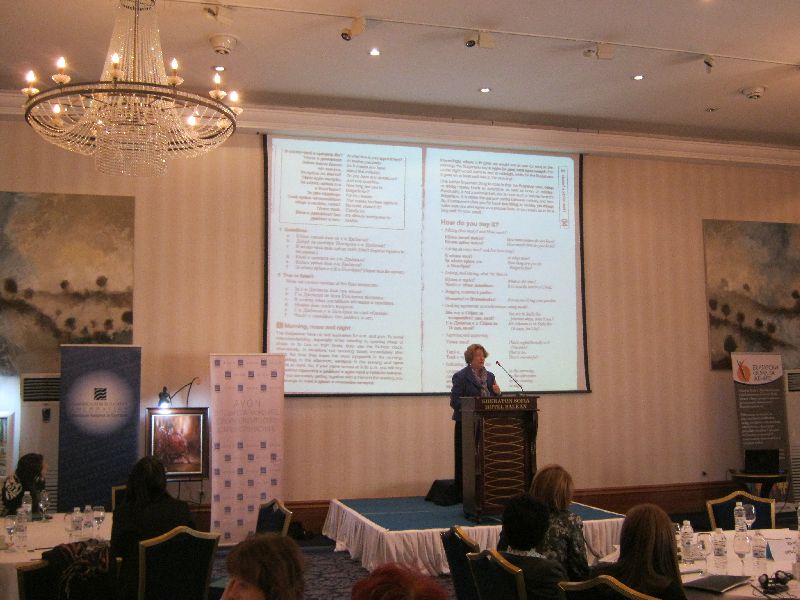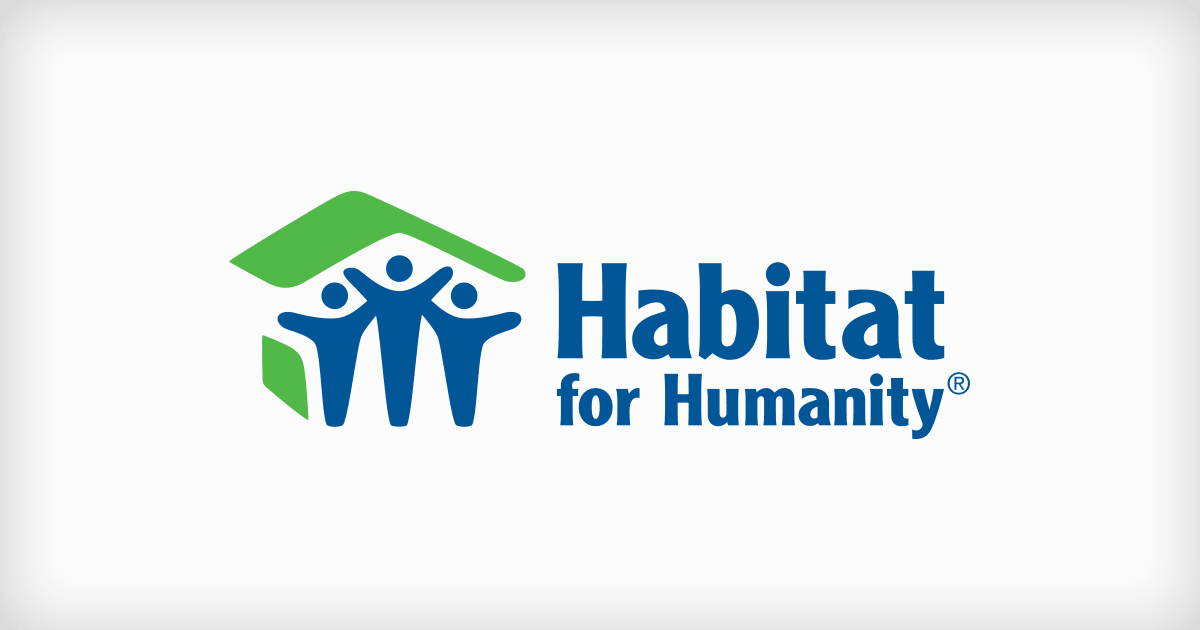While we are trying to estimate the economic consequences of the COVID-19 pandemic and its repercussions and influence on women’s and human rights organizations, our societies fell into another catastrophe – Russia’s invasion of Ukraine, devastating for the Ukrainian people and economy, sending shockwaves throughout the region and the globe. These complex emergencies are reshaping the Black Sea region’s dynamics and have brought forward new challenges for human rights protection and promotion. The lack of economic sustainability, the deepening gender inequalities, the rise of militarism, and governments’ lack of capacity to reach and serve the most vulnerable, further established the new role of the CSOs in conflict resolution and handling the increased demand for help.
And while the focus shifted and resources became even more scarce, women and human rights CSOs had to adapt once more – from pandemic resilience to armed conflict response and humanitarian aid, often replacing the State institutions in critical areas of concern, like setting up coordination centres for the displaced, being the only ones to first welcome the Ukrainian refugees, providing medical support and accommodation, care for the elderly and children, mental health issues, and support to ethnic or LGBTQ+ communities escaping the war.
In our efforts to respond to the multiple complexities of the overlapping crises, the project “Read Between the Lines: (Post)pandemic Economic Effects on Women’s Rights CSOs from Bulgaria, Georgia and Ukraine” takes a new shift with the encouragement of the donor organization – the Black Sea Trust for Regional Cooperation. It focuses on exploring the (post)pandemic economic consequences and those related to the new crisis – the military conflict in Ukraine, for organizations working for women’s rights and other marginalized groups in Bulgaria, Ukraine and Georgia. The data collected will result in a research analysis which aim is to raise awareness of the experiences and challenges faced by women’s NGOs in the three Black Sea countries. An international research team will implement 60 in-depth interviews with civil society actors in Bulgaria, Ukraine, and Georgia. The aim is to analyse the response and resilience models related to the crises and how they influence women’s human rights protection and promotion. The initiative will inform different stakeholders about the context in which civil society operates and adapts to new realities to meet the needs of its target groups.
Our ambition is that the study will serve as an advocacy tool in policy formulation (for funding) for the civil sector working for women’s rights, protection of vulnerable groups of people, and will give visibility to good practices of civil society in responding to overlapping crises.
The project will also contribute to strengthening regional cooperation between 4 women’s funds – the Bulgarian Fund for Women, Ukrainian Women’s Fund, Women’s Fund Georgia and Taso Foundation (Georgia) and their beneficiaries based in Bulgaria, Ukraine and Georgia, by enriching knowledge about the region and creating a common history and voice.
The project “Read Between the Lines: (Post)pandemic Economic Consequences for Civil Society Organizations Working in the Field of Women’s Rights from Bulgaria, Georgia and Ukraine” is funded by the Black Sea Trust for Regional Cooperation under the initiative of the German Marshall Fund of the United States and co-financed by the European Commission. The views expressed in this publication do not necessarily represent those of the Black Sea Trust or its partners.

Photo by Marek Studzinski on Unsplash
